|
By Cassandra McKenna We Shine Apparel and Accessories (We Shine) is an online store run by two young entrepreneurs, Bryson and Justin, with a little help from their parents and some outside resources. The store offers clothing and other products that feature uplifting and encouraging messages with the hope of inspiring others to believe the good things about themselves and to help promote kindness and positivity. In the immediate future, the young duo plans on expanding their business to offer canvas wall art, long sleeve shirts, sweatshirts and more accessories. While they have been generating ideas for their business since 2016, the boys first formally named, promoted and launched We Shine in November 2019 while preparing to participate in an upcoming Kids Pop-Up Market in their community. Unfortunately, due to COVID-19, they did experience some setbacks. Their plans to attend every weekend craft fair and sales event within a one-hundred-mile radius had to be put on hold along with their pending offers from local coffee shops and stores to showcase their items and expand their market. In lieu of not being able to physically attend sales opportunities, their mother Jaclyn began to learn more about social media group sales. “It’s been quite the learning curve,” she shared, “but we are trying our best to let the world know what they are offering and why it matters!” We Shine truly is a family business. “As Co-CEOs, both Bryson and Justin are heavily involved in creative designs and operations,” Jaclyn shared. “They both have shirt designs that they alone created. Bryson often wakes up with ideas for new designs and Justin always wakes up asking about orders to fill for the day. He is the taskmaster that ensures orders are prepared and shipped out swiftly. Mom is essentially a COO, keeping operations and fulfillment running smoothly, and Dad has been the primary investor and constant source of support and inspiration.” When Bryson was seven years old and Justin was three, the boys came up with the idea for their business while they were out shopping for new clothes for the upcoming school year. Shortly into their shopping experience, Bryson quickly noticed that none of the shirts represented who they were. Most of the commercial inventory featured messages such as “lazy but brilliant” and other statements like “addicted to video games” and “talk to the hand”. He had no interest in wearing apparel that did not represent who he was and even said that “Mom wouldn’t buy these anyway.” The boys were mobilized by the fact that there is a gap that exists within children’s apparel to uplift and encourage, which ultimately inspired them to move forward with their idea. He was right. The boys were raised in a home where they were taught to encourage and uplift others—so their mom challenged them with one simple question: “What are you going to do about it?” Bryson thought about the question and decided they should make their own shirts that say what they want them to say. The boys discussed the idea and Justin enthusiastically agreed that it was a great idea. According to Jaclyn, the boys were mobilized by the fact that there is a gap that exists within children’s apparel to uplift and encourage, which ultimately inspired them to move forward with their idea. From that day forward, Bryson and Justin began calling for family meetings where they would work together to compile positive phrases that they used at home on a daily basis. They did this with the hopes that one day they would be able to share these uplifting messages with the world. “Over the last three years, we built a list of approximately 70 phrases and words that are design possibilities,” Jaclyn shared. “Bryson and Justin believed that the affirmations we utilize every day would be helpful for people outside of our home to use. So, they focused on building a list with positive and encouraging messages that would help people feel good about themselves.” Whenever Jaclyn talks about her sons and the accomplishments they’ve made at such a young age, you can tell how proud she is. “Any time a five year-old and a ten year-old—their ages when they made the decision to move forward with We Shine—feel compelled to put themselves out there solely for the purpose of making the world a nicer place, you know that there is something special happening.” The boys happily invest a lot of their free time into their business They work together to come up with designs, often engaging with design support and offering critiques and suggestions on iterations of their visions. Bryson checks the We Shine email throughout the day to monitor inquiries or incoming customer communications. He personally answers 75% of the email traffic himself, always responsibly cc’ing his mom on the exchanges. Justin happily owns order fulfillment. Every day, without fail, he wants to know what orders came in overnight, what orders are outstanding (and why), and leads the charge for weighing outgoing shipments, printing packing slips and shipping labels. He is also the lead salesman. His insistence to share information about their business with anyone who will listen has garnered a lot of business over the last few months! The pair also include personalized notes of appreciation with each order. “The boys are grateful for every order and every person who supports their business. They write thank you notes—using their absolute neatest handwriting—to express their appreciation for everyone who chooses to spread love and positivity.” Originally starting out as a way to inspire kids through positive messages, their business has grown into so much more. Wise beyond their years, they also acknowledged that adults need encouragement too, so they insisted on expanding their items to meet this need. According to Jaclyn, their hearts are what make We Shine unique. Their most popular items? the Amazing Bracelet (click here), The ABCs of Me Journal (click here), and the "Smart, Kind, Strong, Awesome" t-shirt (click here) top the list. We Shine focuses on long-lasting and high-quality products. “It was really important to all of us to put high quality messages on high quality materials,” Jaclyn explained. “We didn’t want to dilute the brand by choosing the cheapest shirts available and sacrificing the integrity and confidence that We Shine represents.” The shirts are long-lasting and are made with very high-quality fibers, which is why they are so soft and comfortable. Many customers also express how much they love the bracelets due to their durability. Jaclyn described the experience that customers have with the business as being genuine, positive and heartfelt. I know all of this to be true because I recently purchased a few items through their site including a t-shirt that featured the phrase “Be the Nice Kid,” which has a comfortable fit and feel. I also purchased a journal and a bracelet off of their site and I was very happy with the quality of each item and the excellent customer service. I especially loved the personalized handwritten note from the boys that was included with my purchase. Jaclyn discussed the some of the ways in which their business offers great customer service. “Communication is key,” she said. She emphasized the importance of keeping customers informed of order updates or delays. The boys are also actively involved with social media, creating their own posts about We Shine and interacting with customers on those platforms. Jaclyn discussed the importance of paying attention to detail as she talked about how their entire team strives to make sure that things are done properly or are promptly corrected when required. We Shine is rooted in their community by using local vendors and suppliers, as opposed to using less expensive online options, and they partnered with various support systems during their launch and growth process. Jaclyn mentioned the importance of patronizing other local businesses—two organizations in particular have really stepped up to assist them, Big Thunk in West Hartford and Budget Printers in Hartford. “We sincerely appreciate everyone on our team and have made great strides with everyone’s support,” she shared. Sometimes, the We Shine team seeks professional graphic design guidance to lend creative perspective to the typography designs, but at other times Bryson and Justin have a clear vision for a design that they want to execute. The boys are actively working on gaining skills that will help them continue to build onto their business in the future. “Bryson is currently enrolled in a graphic design course, so that he can learn the art of taking ideas and making them aesthetically pleasing images,” shared Jaclyn. “Justin hopes to also learn that skillset eventually and, by then, the two boys will be unstoppable.” “As their parents, we hope that the pride and sense of self that they are cultivating lasts a lifetime,” she added. “We also want them to see how impactful their efforts to improve the world can be! They are so proud of themselves and truly believe that they are uplifting people and inspiring others to be better and do better. They want to help people and they also want to be successful businessmen.” The boys hope that they will be the catalyst for a shift in how people treat each other and how they regard themselves. “They often vocalize that they want to make the world a nicer place because people can be really harsh,” shared Jaclyn. “Who can argue with that? And who wouldn’t support two little boys in wanting to change the world from where they sit? We keep going, because telling them they can’t do it is not an option.” At a time when kindness and positivity is most needed, it is refreshing to see children leading the way in reminding all of us to encourage and lift each other up, and to be a light in the world that continues to shine. Visit We Shine online at www.weshine.shop or on their social media pages on Facebook and Instagram. BROWSE THE SHOPBLACKCT.COM DIRECTORY:
7 Comments
7/17/2020 1 Comment THE ECONOMICS OF RACISMPictured: Playa Bowls in West Hartford (Photo by Corey Lynn Tucker Photography) By Yvette Young People often ask, why does ShopBlackCT.com only focus on Black-owned businesses? The quick answer is because of the impact systemic racism has had on the Black community. Let’s use the “Monopoly analogy”—utilized by Kimberly Latrice Jones on social media—to highlight how systemic racism has impacted the economic reality of Black people in America. Imagine you are playing Monopoly for 450 years and for 400 of those years you are not allowed to have money, own any property or have any possessions. Then, for the next fifty years, everything that you earned was taken from you. You are playing for the benefit of the person you are playing against. You have to play to build their wealth and not your own. The question is, how do you win? The answer is that you can not win, because the game is fixed. Left: Reginald White, owner of The Crab Shack King - A Touch of Soul (Photo by Brenda De Los Santos Photography); Right: James Hanton, owner of The Singing Sliders (Photo by Corey Lynn Tucker Photography) "Wealth matters, and when you have played the 'economics of racism Monopoly' for centuries, you do not have the wealth required to start a business and sustain a business through hard times." Black people in America have been trying to catch up for centuries and when we put in the hard work and build our wealth it is burned to the ground like in Tulsa and Rosewood. This leaves us having to start all over again, forever trying to catch up. We are asked to catch up in a system that was established to allow us to remain poor. Practices such as not granting loans to Black individuals so they can buy property is a barrier. Justifying that Black people don’t qualify for loans because they have minimal wealth is a barrier. Using redlining practices to decide what funding goes into certain communities and if a loan to purchase property in those areas is justifiable is a barrier. Systemic racism limits access to financial resources that would allow Black people to invest in themselves and their businesses. Once a Black individual is able to acquire the resources needed to start a business, they are then confronted with the numerous barriers linked to maintaining that business. There is not an equal playing field for Black-owned businesses and they often do not have the resources to market and promote their businesses; often their revenue supports the cost of keeping the business open. Because of systemic racism, there are only a small percentage of Black-owned businesses compared to the total number of businesses in the United States. In fact, only 4.3% of the US’ 22.2 million business owners are Black (Brookings Institute Report, Feb 2020). Pictured: Your CBD Store Simsbury staff and co-owners, Katonya Hughey and Nakia Kearse. (Photo by Corey Lynn Tucker Photography) When faced with obstacles such as a pandemic, the impact on Black-owned businesses becomes insurmountable. The COVID-19 pandemic has had a major impact on Black-owned businesses. The Bureau of Economic Research reported that 41% of Black-owned businesses closed as a result of the pandemic, as opposed to 17% of white-owned businesses. Wealth matters, and when you have played the “economics of racism Monopoly” for centuries, you do not have the wealth required to start a business and sustain a business through hard times. This is why it is important to support Black-owned businesses, because without additional support, many will struggle to survive. ShopBlackCT.com was established to infuse support to Black-owned businesses by creating a platform for them to receive free marketing and promotion for their businesses, which in turn will help them reach new clientele, gain more customers and increase their revenue that will allow them to remain viable. Economic stability is crucial to the sustainability of these businesses. Annette Khodra from Nettie’s Gift Garden stated, “Being posted on ShopBlackCT.com has brought awareness to Black-owned businesses such as mine, which has increased consumer traffic to my site. It is a blessing to have my business being featured on this site. I am grateful for the opportunity to receive free marketing through my connection to ShopBlackCT.com. This site is truly an asset for my business.” Annette’s statement exemplifies why ShopBlackCT.com is critical and a much needed boost for Black-owned businesses. All small businesses matter, but when you look at the history of oppression the Black community has experienced and the lack of generational wealth as a result of that history, there should never be a debate about why there is a need to support Black-owned businesses. Pictured: A delicious meal from My Wife Didn't Cook (Photo by Gary Pope, GDA Weddings) browse the shopblackct directory:
Pictured: A Sweet Equations candy cake. (Photo courtesy of Sweet Equations) By Allison Reynolds After impressing New Year’s Eve party guests with a homemade candy cake several years ago, Sade Owoye took the nudges from her friends and family to start a bakery and, along with her mother Vanessa Owoye, Sweet Equations was born. “Growing up, I always loved baking and making my own candy,” shared Vanessa. “With Sweet Equations, I can combine both of my passions, while sharing the gift of sweet treats with our customers.” Nestled on Route 4, within The Farmington Inn & Suites at 827 Farmington Avenue in Farmington, this hidden gem is the only bakery in Connecticut specializing in candy cakes. Pictured: Co-owners of Sweet Equations, Vanessa and Sade Owoye. (Photo courtesy of Sweet Equations) "Great customer service is all about providing a warm and welcoming experience to each customer. We enjoy seeing them and hearing their stories—they have become like family." Their cakes are a superior dessert experience made with the freshest ingredients, and their customer experience exceeds expectations—everyone who walks through their doors is treated like family. Quality, attention to detail, care and love are the bonus ingredients put in every cake they make. I know this to be true, because I recently needed a cake to help celebrate my Dad’s new home—and satisfy his major sweet tooth. We ordered the Nutty Buddy and we’re still licking our lips. It was absolutely delicious and a heavenly mix of chocolate and peanut butter! One of their most popular items, Sweet Equations candy cakes are built to order—and perfectly topped off with a bow! “Great customer service is all about providing a warm and welcoming experience to each customer,” shared Vanessa. “We greet and smile at every customer that comes to visit us. We educate them on our products and provide samples. We love getting to know what our customers like and helping them to find it in the store. We enjoy seeing them and hearing their stories—they have become like family.” Pictured above: Nutty Buddy candy cake by Sweet Equations (Photo: Allison Reynolds) And, these two know how to take “sweet” to the next level. As a “thank you” for helping others, they have donated to Relay for Life and Komen Foundation and many other local non-profits. They also donate to the local food pantry, schools, and several charities and causes. They even treat their employees with a complimentary cake on their birthdays! “We look forward to continuing to make an impact in our community,” shared Vanessa. The pair are reaching out by offering online cake decorating classes, a slight change from their pre-COVID popular (and fun!) in-person classes. Classes include Buttercream 101, Cake Meets Candy (Kat Walk So Special), Baker's Dozen, Let’s Decorate Cookies, My Pretty Unicorn. “We can still be together even when we’re apart,” explained Sade. “And any experience level is welcome.” Classes must be booked in advance, and more information is available at this link. Photo courtesy of Sweet Equations Favored by locals on Yelp, Sweet Equations is featured this month in “The Top 10 Bakeries Near Farmington, CT.” The bakery offers gift certificates, private pickup times (Saturdays), curbside pick-up and shipping. Visit www.sweetequations for information or to customize your order. Sade and Vanessa will always ensure that your day ends on a sweet note! Sweet Equations has been making headlines for years. Learn more at these links: Cakes Plus Candy Make 'Sweet Equations' (Hartford Courant) Small Business Spotlight: Sweet Equations (Innovation Hartford) Photo courtesy of Sweet Equations browse the shopblackct directory:
Pictured: Owner of Crab Shack King - A Touch of Soul, Reginald White. (Photo: Brenda De Los Santos Photography) By Brenda De Los Santos For Reginald White, opening his Middletown, CT-based food trailer, The Crab Shack King - A Touch of Soul, was the culmination of years of hard work and determination. Crab Shack King, which officially opened as a food trailer in March, offers seafood with a touch of soul. Some fan favorites on the menu are the deep fried lobster, crab cakes, poboys and his signature “King Sauce.” You can get your seafood fix at 840-900 Washington Street from 11:00am-5:30pm Tuesdays, Wednesdays and Thursdays, 11:00am-7:00pm Fridays and 2:00-9:00pm on Saturdays. Occasionally, White will have a pop-up location in Meriden as well. Previously a truck driver, White was on vacation with his wife when he got the call that the company he worked for was filing for bankruptcy. Instead of being defeated by it, White, who has a certificate in catering, attended Lincoln Culinary Institute for a time, and has a family who all love to cook, took it as a sign that he had “finally gotten the green light to move forward with cooking.” With previous entrepreneurial experience as the former owner of Knockerball CT, starting his own business serving food “the way he likes to be served” was a natural next step. “When I get up in the morning knowing that people love our food, it drives me to never go back [to the streets].” Searching for nine months to find the perfect trailer for his business, White finally met two Black women who owned a marketing firm and were looking to sell their trailer. White says, “they felt his passion,” for creating delicious food and their trailer became Crab Shack King’s new home. White’s expertise in the culinary arts is paying off—his popular menu of mouth-watering seafood often sells out, and his “King Sauce,” which is dairy-based and features all natural herbs and spices, is on the verge of being sold in local stores. He has experimented with creating a dairy-free version and has also played around with recipes for a vegan “crab” cake. He is continually expanding his knowledge, noting that he also learns from an employee who has been in the business for 30 years. A self described “military brat” growing up, as a teen the streets called him, and White left home at 15 years of age. A former gang member and drug dealer, he spent time in both state and federal prison. It took determination and help from others for White to turn things around. In 2014, he founded Total Man Inc., which is geared towards providing alternatives for at-risk youth who are subject to the difficulties of gang membership, incarceration and much more. He said that his passion for mentoring comes from his desire to reach young men and women to help prevent them from making the same mistakes he did. Crab Shack King is more than just a business for him, too. “When I get up in the morning knowing that people love our food,” says White, “it drives me to never go back [to the streets].” He takes pride in serving great food and providing excellent customer service. He likes to engage with his customers, getting them to laugh and feel comfortable. And for him, serving quality food is of the utmost importance; Crab Shack King’s seafood is always fresh, and every bite bursts with flavor as he marinates everything—right down to the crab that goes into the crab cakes. browse the shopblackct directory:
Pictured: Owner of The Singing Sliders, James Hanton. (Photo: Corey Lynn Tucker Photography) By Alexandra Frisbie On most Wednesday evenings parked outside the Little Red Barn in Winsted, CT, or on other days around lunchtime on South Main Street in Torrington, or in an industrial area on the town line with Harwinton, you will find James Hanton in his silver food trailer, happily cooking sliders and sandwiches for a crowd that may include hungry and tired truck drivers, workers who just want to take a break and enjoy some delicious fresh food, or patrons of the nearby brewery who would like some tasty pulled pork to accompany the beer in their bellies. Depending on how busy he is, Hanton may be singing while he cooks, a nod to his business name and slogan. A few years ago, after working some jobs that didn’t pan out, Hanton began to dream about launching his own business venture. The idea of being his own boss and having job security was appealing. He thought about cooking, which he enjoys. Having been raised in South Carolina on Southern cooking, Hanton noticed that while there were plenty of Italian and Chinese food options, there were not many places serving fresh BBQ pork and Southern food locally in Connecticut. He and his wife also realized that at the time, there were no food trucks in their area. So they bought books and learned about the food truck business. They visited locations with food trucks, including the Long Wharf in New Haven, to see how they were run. Hanton took the CT Food Safety Management Course and got certified. In October 2018, Hanton and his wife, who co-owns the business, opened The Singing Sliders Food Trailer in Torrington. According to Hanton, who has worked in restaurants, the big difference with food preparation in a food truck is understanding the difference between what you would like to serve and what you can serve. Despite the limitations, Hanton says he will only cook and serve food that is fresh, not previously frozen. When asked how quality translates in what he offers, Hanton replied “I like to serve food that tastes good, is good quality—fresh, not frozen. I make it with love.” “I like to serve food that tastes good, is good quality—fresh, not frozen. I make it with love.” Customer favorites are the BBQ bowl and pork sandwiches and sliders. Hanton explained that the sandwiches are larger than sliders; they are served on larger rolls that are sometimes lightly toasted. These days, he is constantly tweaking and adjusting the menu, entertaining customers’ suggestions and trying out healthy options. Some have requested the return of the orzo bowl with sautéed vegetables. Hanton offers a choice of sauces in which he will sauté the vegetables. If an item becomes popular, he may add it to the menu, at least temporarily. Recently, Hanton’s grandson took a cheeseburger and topped it with the mac and cheese Hanton gave him on the side. An aspiring rapper whose nickname is “OK Nitro,” his grandson topped that with BBQ sauce and raved about it. Hanton dubbed it the “OK Nitro Mac and Cheeseburger” and put it as a special on the menu. The success in launching his food truck business did not come easy. Hanton recalled a time when he was getting started that things weren’t going well and he almost gave up. He was not confident that he would be able to make his dream a reality. Then it occurred to him that as bad as he felt, many others were much worse off. He felt compelled to help others instead of feeling down on his luck, and began to give away food once a month, no questions asked, from his food truck. He said that when he began to look at things differently, he began to see success—yet he continued to regularly provide free food. Due to COVID-19, he had to suspend this community effort, but he hopes to be able to resume soon. I had to ask about the name of the business. Did the sliders themselves “sing” somehow, or does Hanton sing? He said that on some days he may be singing while cooking in the truck, but it was really his wife who thought up the name. He says it refers to the food—the sliders are so good they will make you sing! As for the singing sliders on the trailer, Hanton’s daughter drew the art freehand, which was transformed into an image that could be placed on the trailer. Today, Hanton says what keeps him going is the independence of running his own business and having a job that allows him to interact with people. He says he has many repeat customers and is starting to build a fan base on social media. He likes to use Instagram and Facebook to let his followers know where he is going to be during the week. The three words he said best describe his business are “happy, satisfying and local.” Hanton has catered for small groups (up to 150 people), including at the Little Red Barn brewery in Winsted, where he parks on Wednesday evenings. He has traveled to Waterbury and New Milford and is willing to bring the trailer to other locations in Connecticut. One thing is for sure—if you see the silver trailer with Singing Sliders on the side, be sure to stop right away and get a bite. You won’t regret it. HOURS (Year-round): South Main Street, Torrington (at the Harwinton line) Monday and Thursday: 11:30am-3:00pm Industrial Park/Altra Industrial Motion, Inc, New Hartford, CT Tuesday and Friday: 9:00am-1:00pm At the Little Red Barn, 32 Lake Street, Winsted, CT (www.lrbbrewers.com) Wednesday: 4:00-8:00pm View the WSFB story on The Singing Sliders browse the shopblackct directory:
Pictured: Co-owners of Your CBD Store Simsbury, Katonya Hughey and Nakia Kearse. (Photo: Corey Lynn Tucker Photography) By Sarah Thompson Nakia Kearse and Katonya Hughey always knew they wanted to go into business together. A friendship that sprouted 14 years ago when they were corporate colleagues has now flourished into a business partnership with proud new roots in Simsbury. CBD. It’s a buzz word that has been around long enough for many people to know that it has something to do with cannabis, but perhaps not long enough to fully grasp the wide range of benefits it offers. The growth of CBD products has been so immense that industry analysts predict the U.S. CBD market will reach $20 billion in sales by 2024. For Kearse and Hughey, it not only has helped them with friends, family and personal health challenges, it has offered a great way for them to give back and help people in their community improve their lives. Hughey was born and raised in Bloomfield and has frequented Simsbury since childhood. Kearse, a resident of Simsbury for the past 14 years, has enjoyed raising her children in the town she now calls home. Both have a deep affinity for Simsbury, which is why it made perfect sense to set up their business right in the heart of the Farmington Valley town, on Hopmeadow Street. “As I thought about my community, I reflected on the number of stories I’ve heard over the years about friends and their loved ones with health concerns or just looking for something to help them feel better. And after not finding many options locally to seek out these natural alternatives— like CBD—in a place with people you could trust and who cared—that is what we set out to create. A neighborhood store, with high-quality products and a strong community connection,” explained Kearse. Because one-size-doesn’t-fit-all for using CBD products to address ailments, Kearse and Hughey take customized approaches to each person who With education, consultation and community at the heart of their business model, the pair work hard to ensure that all who come into their store feel comfortable and informed. “We strive to be consultative,” shared Hughey. “We put a premium on listening to our customers’ concerns in order to provide appropriate solutions.” According to Project CBD, cannabis has a rich history as a medicine going back thousands of years. CBD is one of more than a hundred phytocannabinoids unique to cannabis. These cannabinoids endow the plant with its robust therapeutic profile. Cannabinoids interact with the body's Endocannabinoid System. The Endocannabinoid System is a system of receptors responsible for regulating many vital processes within the body including immune response, communication between cells, appetite, metabolism, memory, and more. CBD binds with these receptors to help your body achieve homeostasis—a state of stability, balance or equilibrium within a cell or the body. “We make sure that customers understand that it is an alternative to traditional pharmaceutical drugs,” explained Hughey. “We talk through all the benefits and the different ways of ingestion. CBD is a natural anti-inflammatory. Each product works differently and can impact each person in a different way. We explain the whole process to them.” Because one-size-doesn’t-fit-all, Kearse and Hughey take a customized approach to each person who walks through their doors—something they have dubbed “helping one neighbor at a time.” “Our goal is to help,” shared Kearse. “We’re not here to sell something that doesn’t work. We want to help people discover what works best for them, their routine and their goals.” This promise is even backed by a 30-day refund guarantee on all their products—including their most popular—Topical Creams, Oil Tinctures and delicious edible treats like and Peach and Watermelon Rings. Kearse and Hughey also stay on the cutting edge of new developments in the market. Because the store is part of a larger footprint of stores, they are connected to regulations and how the market is evolving. “We are excited about some of the new science exploring other powerful cannabinoids and the use of other natural ingredients to target specific needs,” Kearse explained. “Like our new CBNPlus tincture that is infused with lavender and valerian root, to help relax and calm before bed. It has CBD, but also a higher concentration of CBN, another cannabinoid found in cannabis. Or our Maxine+Morgan capsule that is includes CBD and other natural ingredients like fennel, tumeric, ginger, cramp bark and valerian root. This products helps women suffering with premenstrual and menstrual symptoms.” After having opened their doors in February of this year, the pair was full steam ahead with doing in-store sampling and offering high-touch in-person demos to showcase the power of their high-quality CBD products. They could easily point out the unique QR codes that are on each product that link directly to third party lab reports, ensuring a consistent quality process and transparency all the way through. And then boom—COVID. Just one month into their new business, they were forced to shift gears. But, finding solutions is what Kearse and Hughey do best, so in a matter of weeks they launched a new website with an online store, virtual consultations, curbside pickup and even delivery. What has catapulted them into a more grassroots effort has kept student athletes with aches and pains and people with arthritis, gout, sleep issues or anxiety reaching out for help. And beyond helping customers find relief, Kearse and Hughey have supported first responders in Simsbury and Bloomfield with CBD care packages and are working to develop a forum that will allow community members to discuss racial injustice, bias and inclusion in a safe space. “We both have a history in diversity and inclusion,” shared Kearse. “As we see the level of unrest, a lot of the times people just don’t know how to have the conversations and they want to help, but don’t know how. They have questions but don’t have a safe place to discuss what’s on their mind. Many may not have close relationships with people of color, so they are left looking at TV or reading something in the news as opposed to having real-life interactions.” “We can begin to have some of these conversations that are deeply meaningful for us as a country, so this is simply not a movement for a day, but something that can have a long-lasting effect on the way we interact and live. Our goal was to be a neighborhood store, to understand the needs of the community and try to serve them not only with CBD but with other things, and this was a gap that I think we were uniquely positioned to try to help fill,” she added. The store is also partnering with Signs Plus of East Granby to benefit Simsbury A Better Chance (ABC)—a non-profit organization making a difference in the lives of academically talented young men of color from underserved communities. Black Lives Matter signs and t-shirts printed by Signs Plus are being sold at Your CBD Store Simsbury, and $5 of the sign and shirt proceeds plus an additional 5% of CBD sales from customers who buy a sign or shirt will be donated to ABC. Now that their store is fully operational, Kearse and Hughey are experiencing the joy of helping one neighbor at a time have health without the “high”—benefiting from the therapeutic properties of cannabis without the psychoactive effects. “We always had a desire to do something different—something where we could truly give back and help,” said Kearse. In just a few short months, they are fulfilling their dream of building strong, lasting relationships with their neighbors and offering high-quality service and products for a better community. PLEASE NOTE: Your CBD Store Simsbury is now permanently closed. 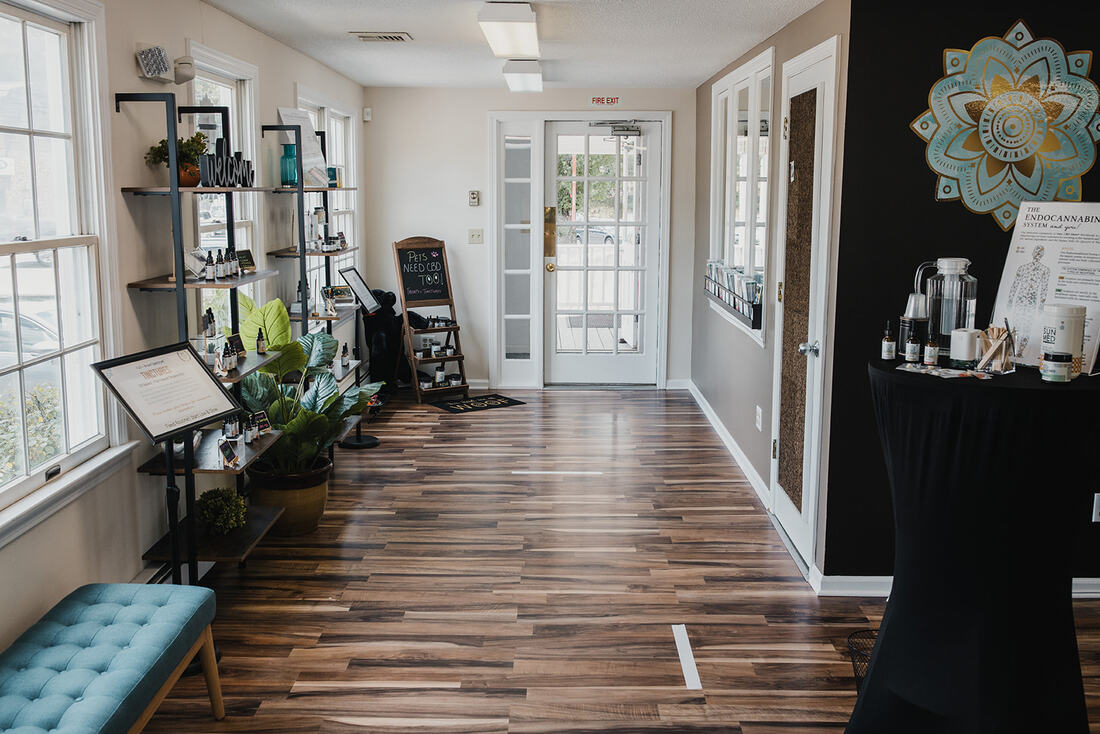 browse the shopblackct directory:
Kim, Charles and Kerry Kincy (Photo courtesy of Kerry Kincy) By Kerry Kincy Inspired by my father a Black entrepreneur, and by the Black Lives Matter movement in Connecticut and across the country, I set out to learn more about the experience of being a Black business owner and the importance of community support. What I discovered revealed a familiar and sometimes uncomfortable truth. My father was a Black inventor, a reader and a dreamer. Charles Kincy's best ideas came during the day, driving in a brown truck, in a brown uniform and delivering brown packages. He was an entrepreneur and created small Black-owned businesses in his community his entire life. For one of those businesses, Antiklectables, he purchased and sold Black art and Black memorabilia and it continues to operate today, nine years after his passing in June 2011. He was a successful businessman and a major contributor to the Black economy locally and beyond. A sense of agency—the intentionality for which he instilled the importance of supporting Black-owned business—was paramount to him. Ownership was always echoed in his conversations. “Owning” your history, your craft, your knowledge, your successes, and passing on your motivation to move forward in the direction of your Black ideas and dreams--those were his legacies. Charles was adamant, standing firm on the importance of reading, and was generous with reminders to pay attention to who had paid for those books to be written. It was important for him. He understood that racism was real and that it was often hidden beneath layers of narratives, disguised as nonfiction. Charles believed that despite being enveloped in racism, it was essential to know your own value and how your value contributed to the environment around you. I recently took to my neighborhood to explore other Black entrepreneurs in my community, to learn and discover more about the experience of being a Black business owner and the importance of community support. Bobby Perry, my neighbor, friend and pseudo-surrogate dad was my first source. Mr. Perry, now retired, and his wife, Olivia, have owned several businesses over the years. Mrs. Perry continues to provide custom tailoring services and Mr. Perry’s food truck was one of my favorites. We chatted in his garden, like we do most summer mornings while watering his collards. “Back in the day, I had so many people supporting me. Whenever there was something going on in town, the schools, the police events, anywhere, there was a need for good food, I would get a call. Larry McHugh, from the Chamber, was really good to me over the years and always made sure I was there. The biggest support came mostly from the white community,” he shared. I wondered why the majority of his support came from white folks more than folks that looked like us. He said, “There were a lot of good Black customers too, but sometimes people are threatened by someone else’s successes, and don't know how to act if they think you’re getting ahead faster.” That old saying about crabs in a bucket came to mind and sadly not particular to just Black folks. I later called to pose the question to Jessica, the Perrys’ daughter. Jessica grew up watching her parents work hard and create business opportunities that could provide for their family. “Growing up with parents as entrepreneurs, Perry’s Groceries, Perry’s Ice Cream, Excellent Designs by Olivia (a tailoring business) and Perry’s Hot food trucks, in addition to their full-time jobs, was simply a way of life and deeply rooted in us. Being your own boss while creating a good, quality product was and is our continued focus,” Jessica said with pride. Jessica and her daughters have followed in business, opening Queendom's Luxury Eyelash Extension line design in 2018, and later relocating to Central Florida. The business, which Jessica runs with her daughters, has grown exponentially over the last two years. She has also just recently started another business, Purpose Partners, which was launched in May and, despite the pandemic, has been well-received by the community. For business owner Jerome Mountcastle, the risk of entrepreneurship was like stepping into the unknown. Jerome was a troubled teen, and worked for a local car dealership detailing cars. He supplemented his income, “hustling drugs in the streets” to provide for himself and keep on top of child support payments that took most, if not all, of his paycheck most weeks. He decided to open his own detailing business, and although his first season was successful, when winter came and business dried up, he explained that he had to go back to the dealership. “I wasn’t aware of any business resources that could help me understand how to stay in business during slow seasons, and fell short in my financial responsibilities,” he said. But he kept at it, using the skills he acquired “hustli'n’”—quality goods, customer service, dependability, loyalty and word of mouth to build his business model.
It was clear to him those same strategies could be helpful in creating a solid business plan. “I found a way to create a life for my family doing what I love to do. I had come from nothing and now my children get to see and learn about working hard, about taking positive risks, about responsibility to self and about staying humble in all of it,” he said. Most of Jerome’s clients are between 50 and 70 years old and “mostly white people,” he laughed. I asked him why he thought his business had more support from whites in the community and he replied emphatically, “People are envious. They come work with you, see the money and think it’s easy. They quit and try and take your clients, never realizing that what I was doing was making a space for everyone to learn and feel successful. It was never just about me.” Jerome reminded me of my dad, who has worked full-time delivering packages for UPS and spent the rest of his time creating business ideas and making them real like the shoeshine stand he built and leased to other Black men in the community to exercise their entrepreneurial dreams. Charles also designed and created underwear for men and used the nonsensical stereotypes about Black men being more endowed to boost sales. He was brilliant at taking what he saw as oppressive and racist, rethinking it in a way that gave the power back to himself and other like-minded Black and brown dreamers. In part, I believe the paucity of witnessing and being exposed to successes in Black communities prevents Black folks from ever getting past the dream stage. We all have a dream, however the opportunities to see, learn, be exposed to and have access to Black successes are limited. The tools needed to continue to make those dreams a reality are learned and a muscle that must be exercised often. Environment is everything and access to programs and resources to help make real, entrepreneurial dreams come true are needed now more than ever in our Black communities. What I did discover is a common thread in my exploration of the experience of Black entrepreneurship. When asked who were their biggest supporters, the Black business people I talked to agreed that more whites than Blacks were to account for their repeat business. As a Black woman in business, I myself found the same to be true and only ever mentioned it in close company. But why? I wanted to dig deeper and understand some of the root causes and found these two interesting reads. Looking Beyond the Numbers: The Struggles of Black Businesses to Survive: A Qualitative Approach is a research study that aimed to use qualitative measures rather than quantitative to understand the barriers Blacks face in Black communities to be successful and sustainable.
I found a copy of a conversation that was published in Essence Magazine in 1984 between civil rights activists Audre Lorde and James Baldwin that gave me a different perspective and helped me to understand a little bit better. The conversation provides insight into the cultural structures where Blacks are already embattled in their own attempts within Black culture to escape being trapped into an Americans dream that systematically is set up to be unattainable. In an excerpt from “Revolutionary Hope: A Conversation Between James Baldwin and Audre Lorde” the two discuss race and business. The structures that naturally form in a culture where you're indentured in someone else’s idea of who you are, what you can be and offer the world are crumbling. The invisible biases that accompany Blacks in business are being exposed and remedying with a renewed sense of altruism. Allies are continuing to seek ways to support our Black entrepreneurs in creative ways. It’s driving positive changes across communities here and beyond. The substance of hope and faith have been evident in this new light of collective and cohesive strength the Black Lives Matter movement provides all of us. Today, I see the biggest shift in our young people. Recent events have provided a space for healing together and a place for young Black and brown people to come together in ways that force us to look at how we fight oppression and amplify our value together. “Seven million young people of color will have turned 18 since the last election,” wrote Dr. Melanye Price, a professor of political science at Prairie View A&M University in Texas, in her op-ed in the New York Times. “These newly eligible voters are primed for political participation after having consumed a steady diet of videos of racially motivated shootings and stories about the kidnapping of immigrant children. But their interest in politics is also thanks to the activism of groups like Black Lives Matter. There’s much more compelling evidence that we can motivate these young people to vote,” she wrote. Change is indeed coming and young people have created a shift in all of our perspectives on how to be more supportive for the greater good. As kids, my sister and I would rather clean and cut greens all day, than listen to our dad’s oratories about value, ownership and power. We would begrudgingly repeat back his words and subsequently remember it in our bones: “You are royalty. Your ancestors come from royalty and you must continue to honor and uphold these truths of who we are and carry on the legacy.” At the time, as fascinated as I was with the idea of coming from a royal family somewhere deep in the roots of our family tree, I found it hard to reconcile, since so many exchanges we shared as a family in our community and the world proved to be less than royal. My dad went to the extent of coming up with a code word for us to say when something or someone challenged our ideas of self, our value and our truth: “Kinciditia.” It was the signal that our truth would overpower any negativity that came at us; a sort of Kryptonite for our arsenal when dealing with racism in our everyday lives. As a kid, I never really understood why a sign that said “No Blacks, No dogs, No niggers,” would be important for his collection. I never understood his attraction to underground lithographs, prints and posters that depict Black folks as animals, in ugly blackface cartoons and always, always less-than. Today, I understand how deeply he felt about his Black experience, the experiences of Blacks in history, of how we as Black people were portrayed and how hard he worked his entire life to dismantle it. He worked equally hard his entire life to instill in us that we were valuable beyond any measure then what others set for us, and for me that has made all the difference. browse the shopblackct directory:
|
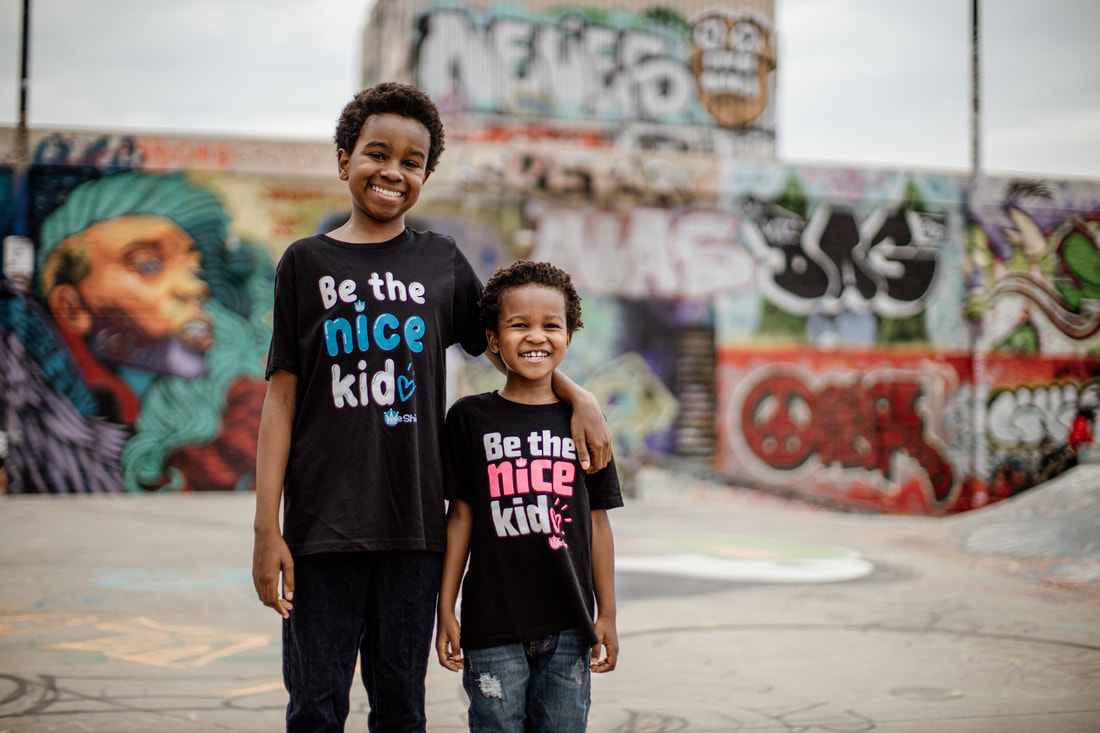

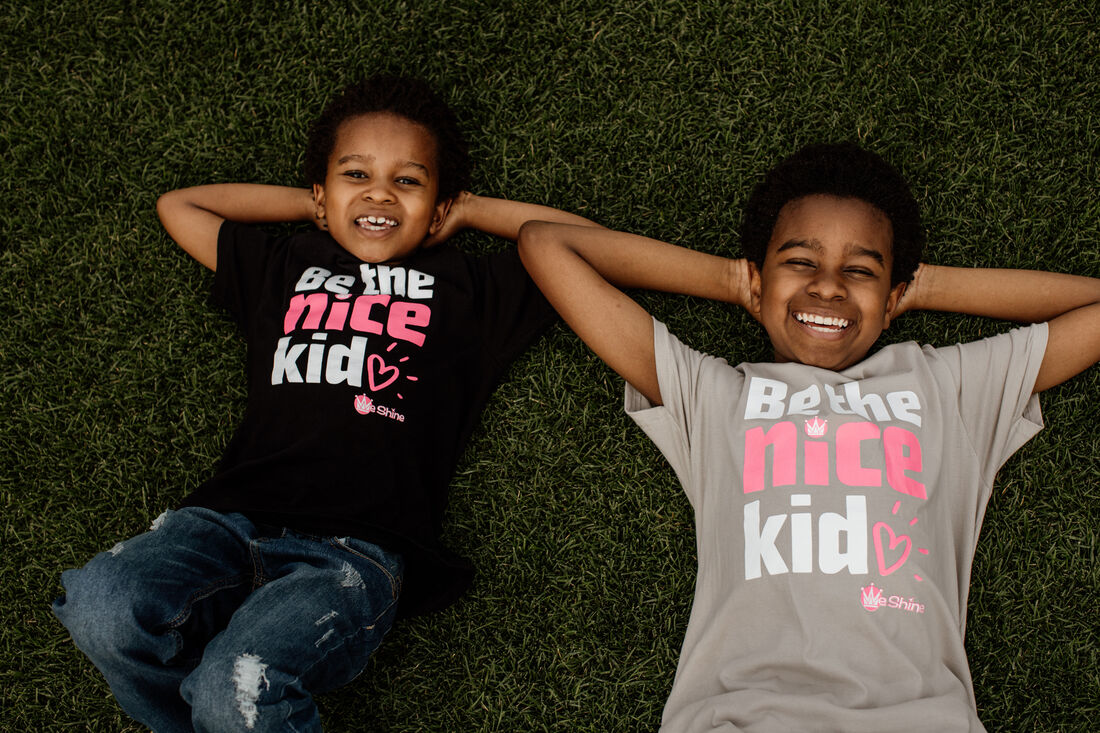
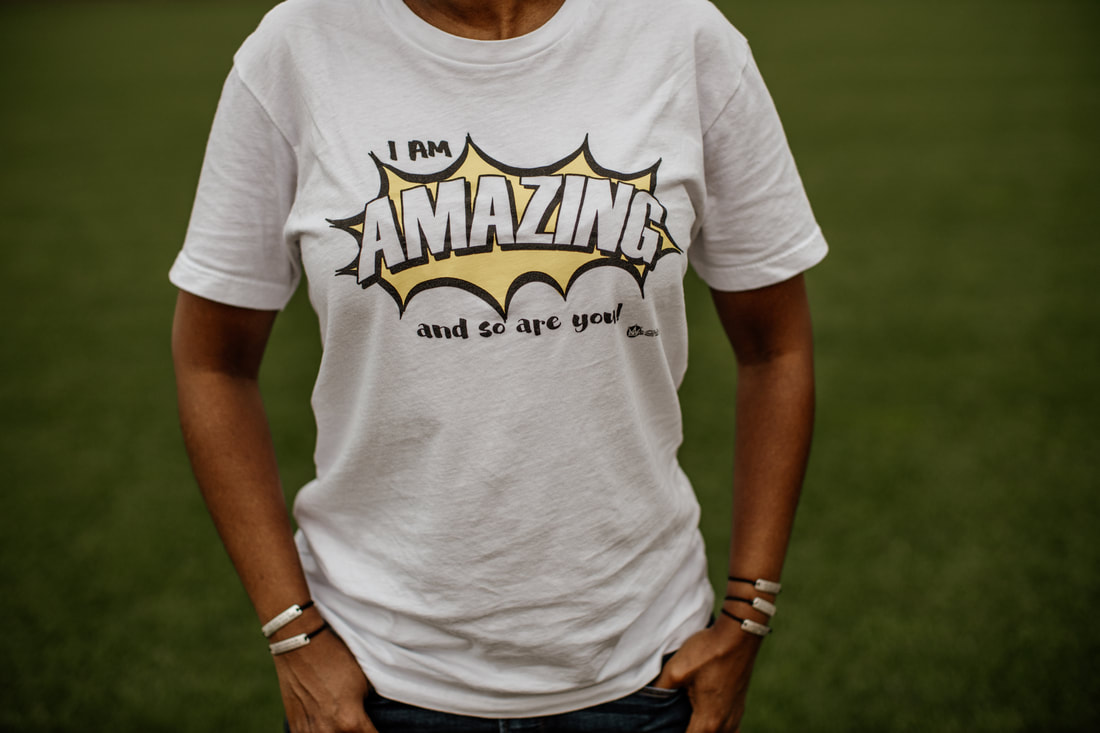
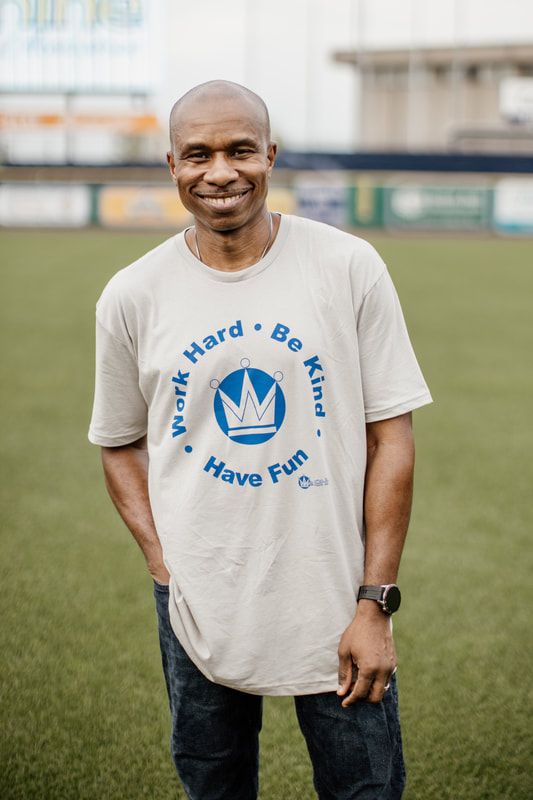

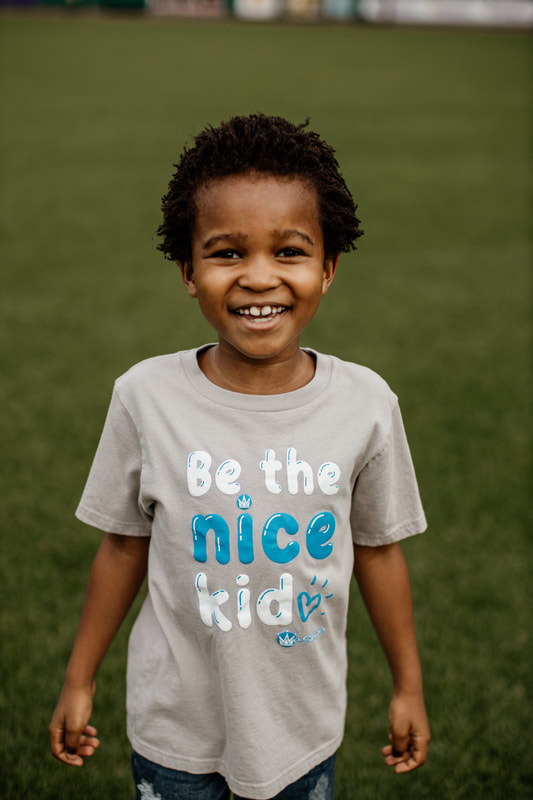
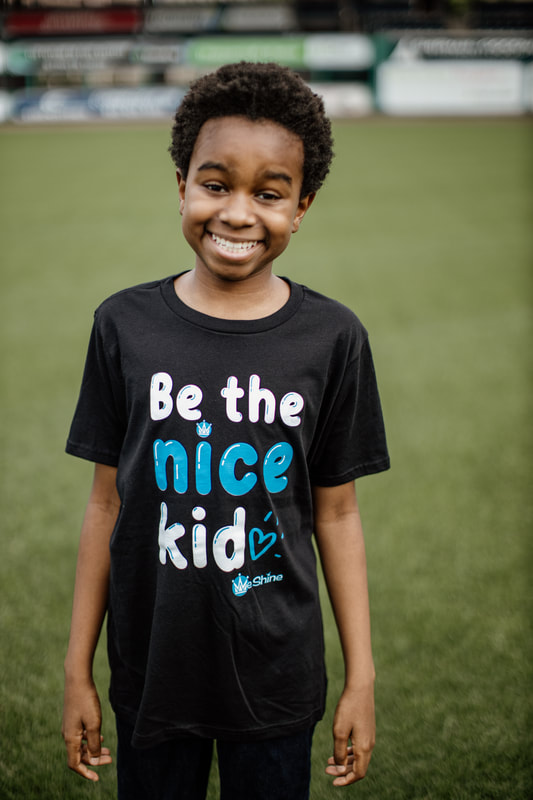

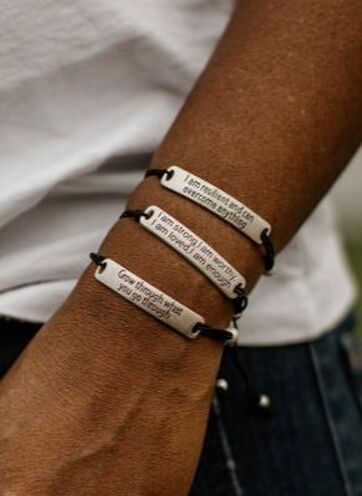


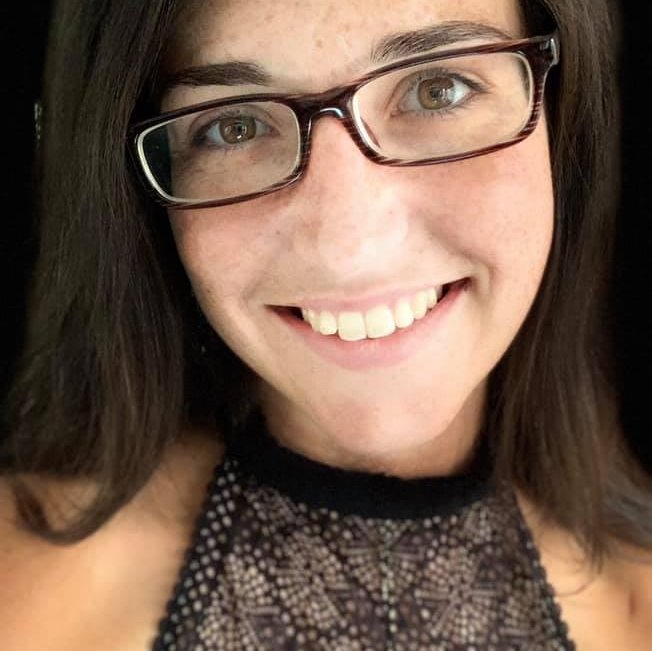

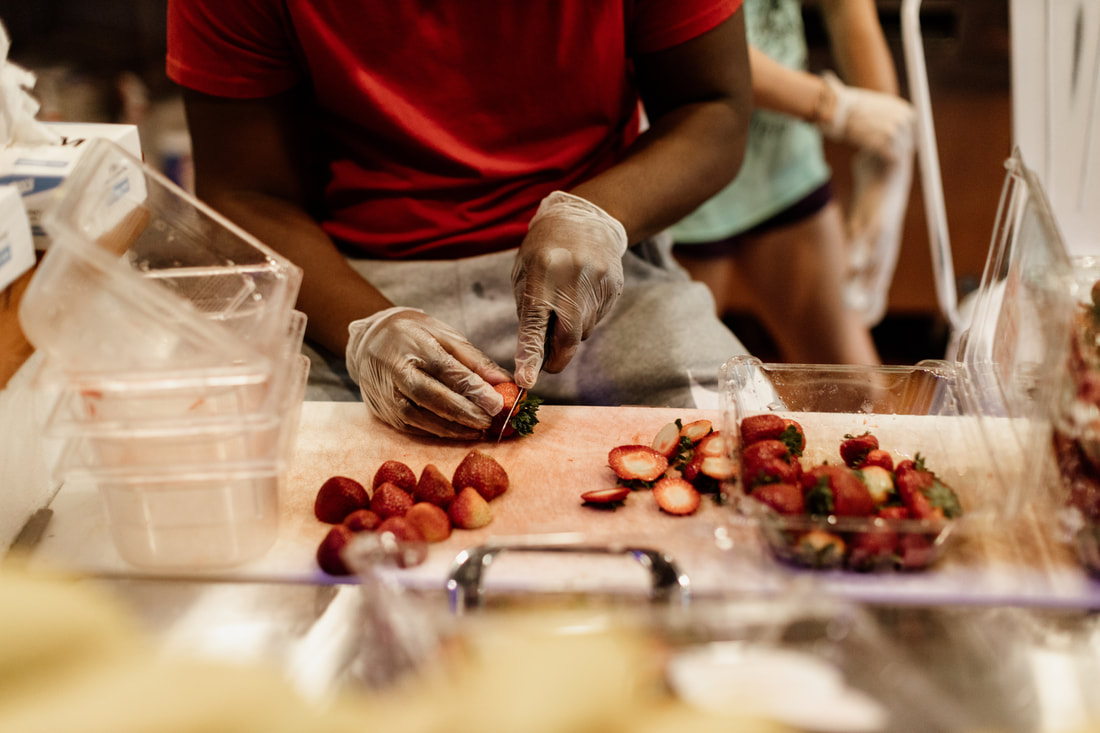
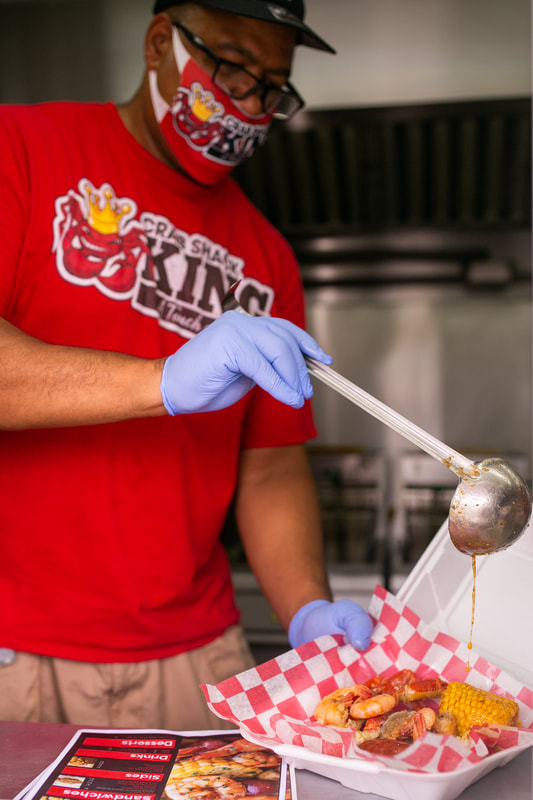
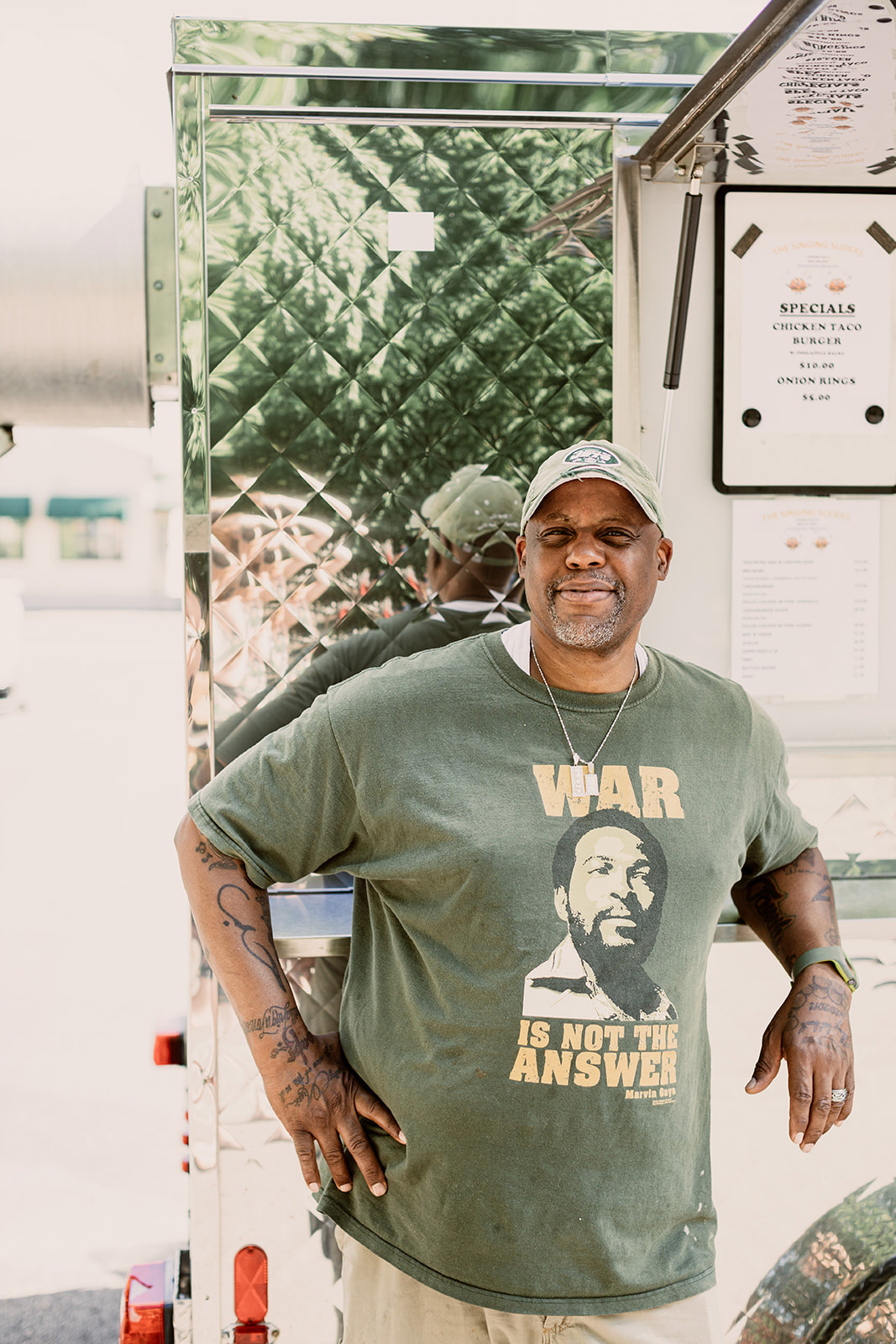

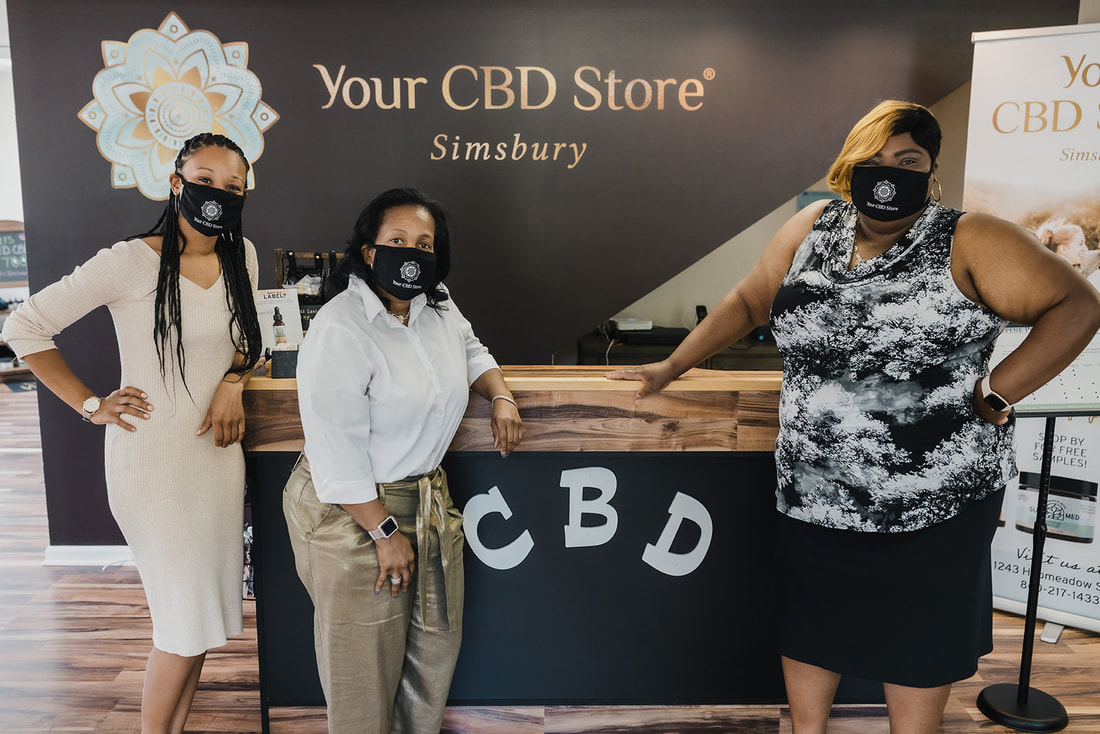
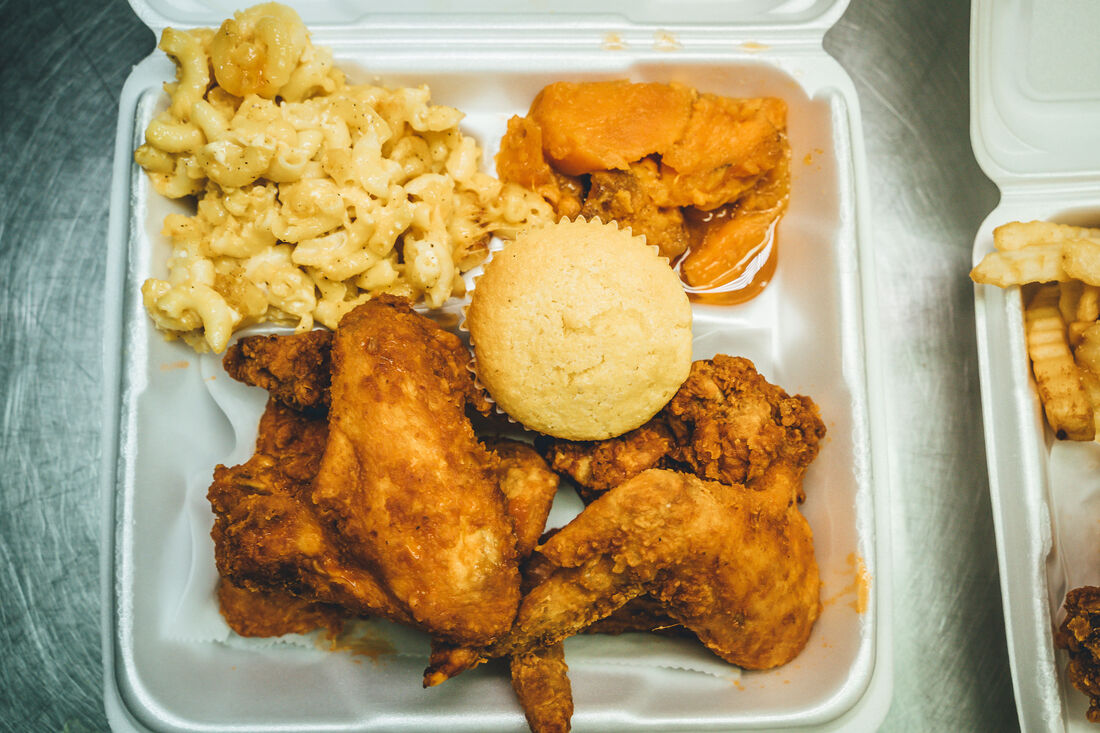
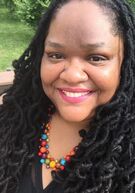

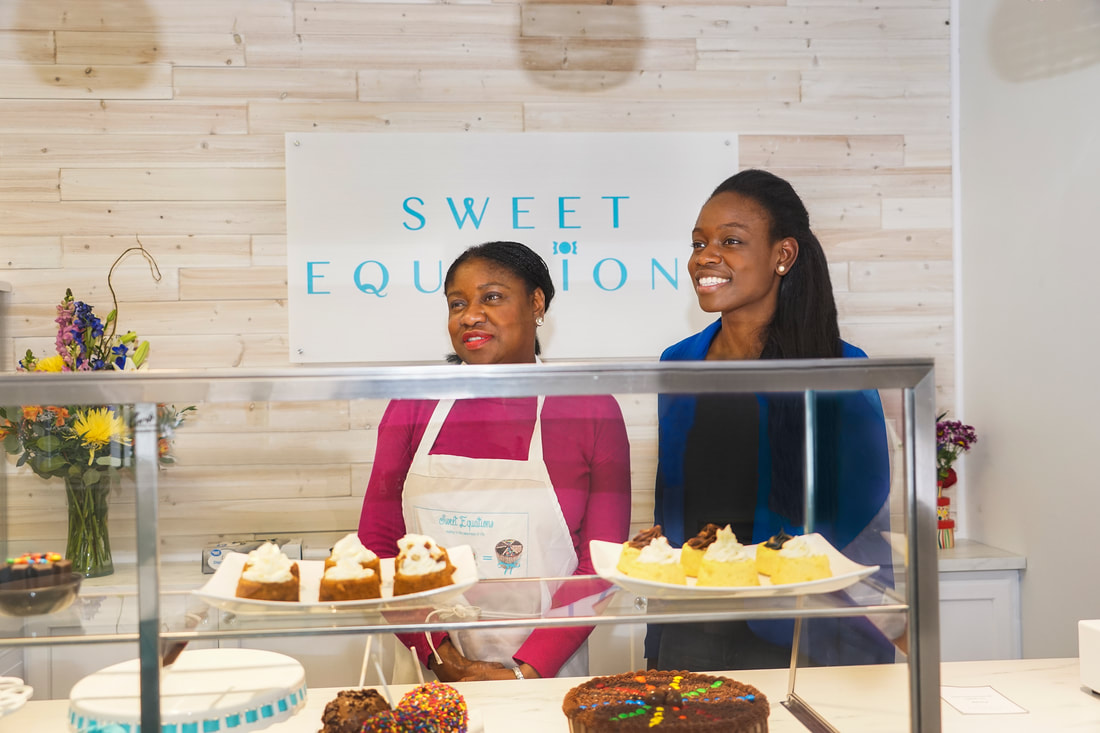

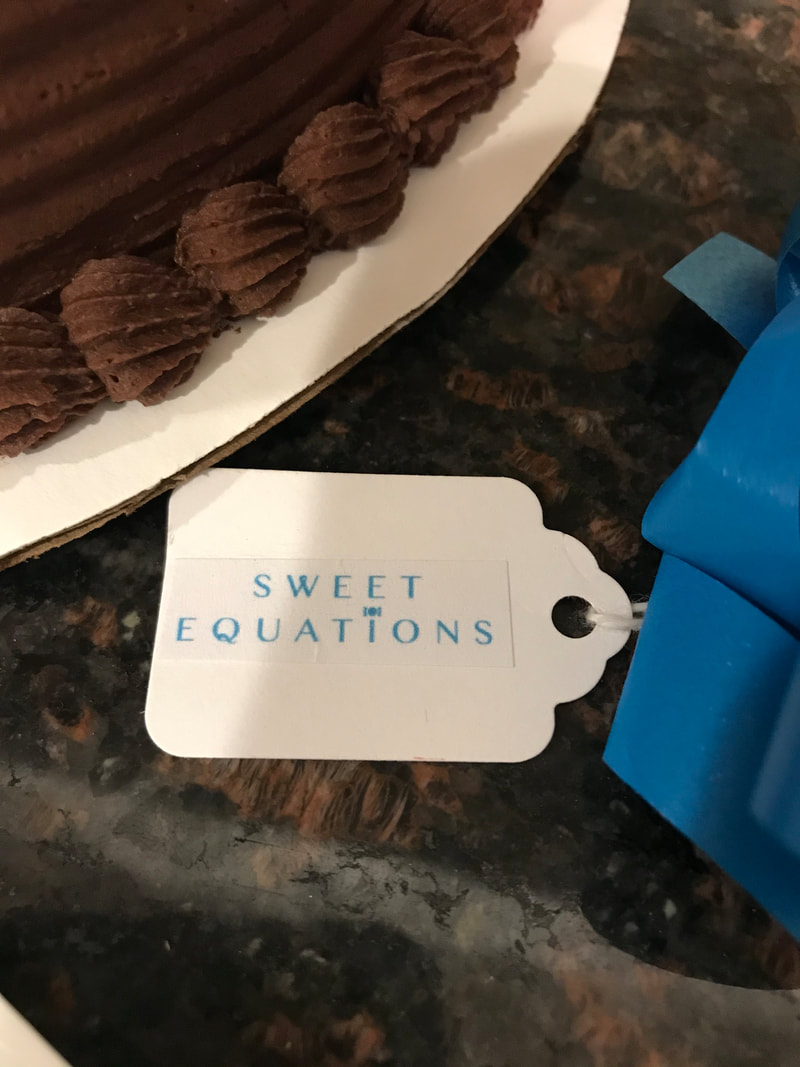
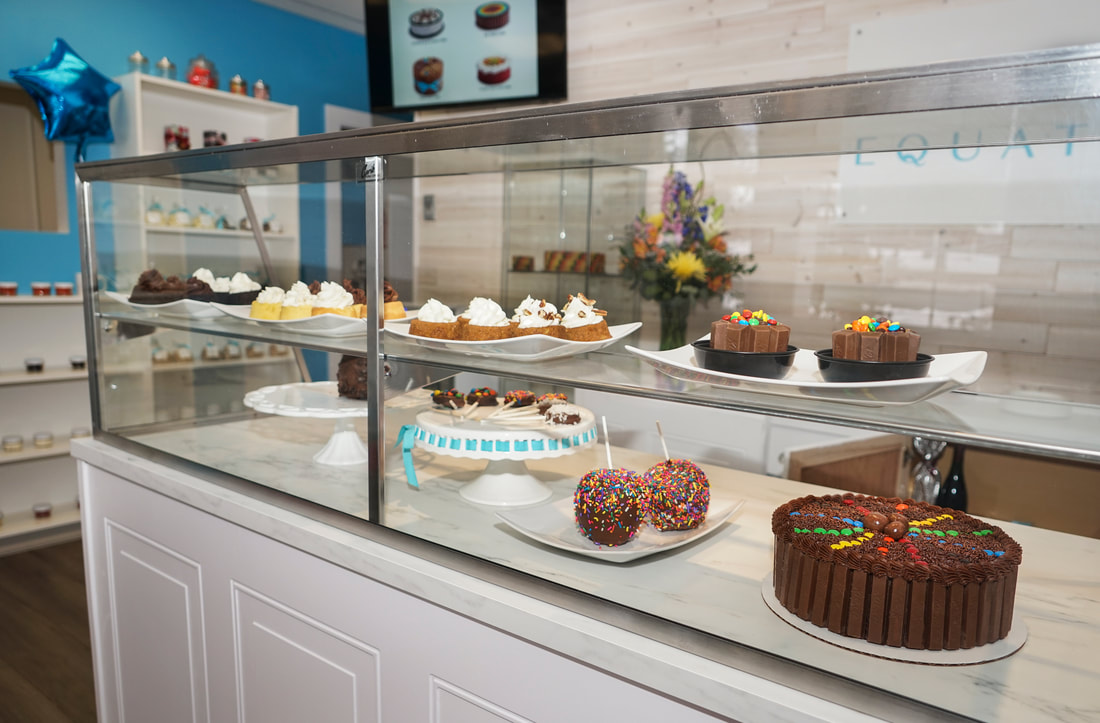
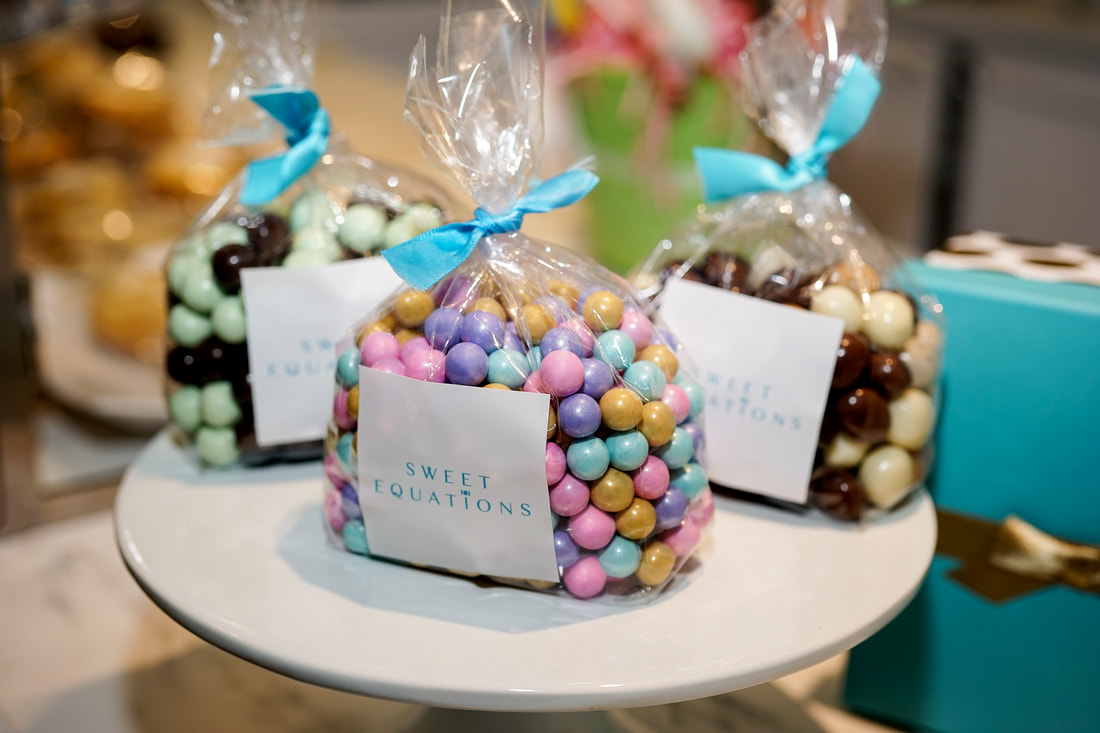
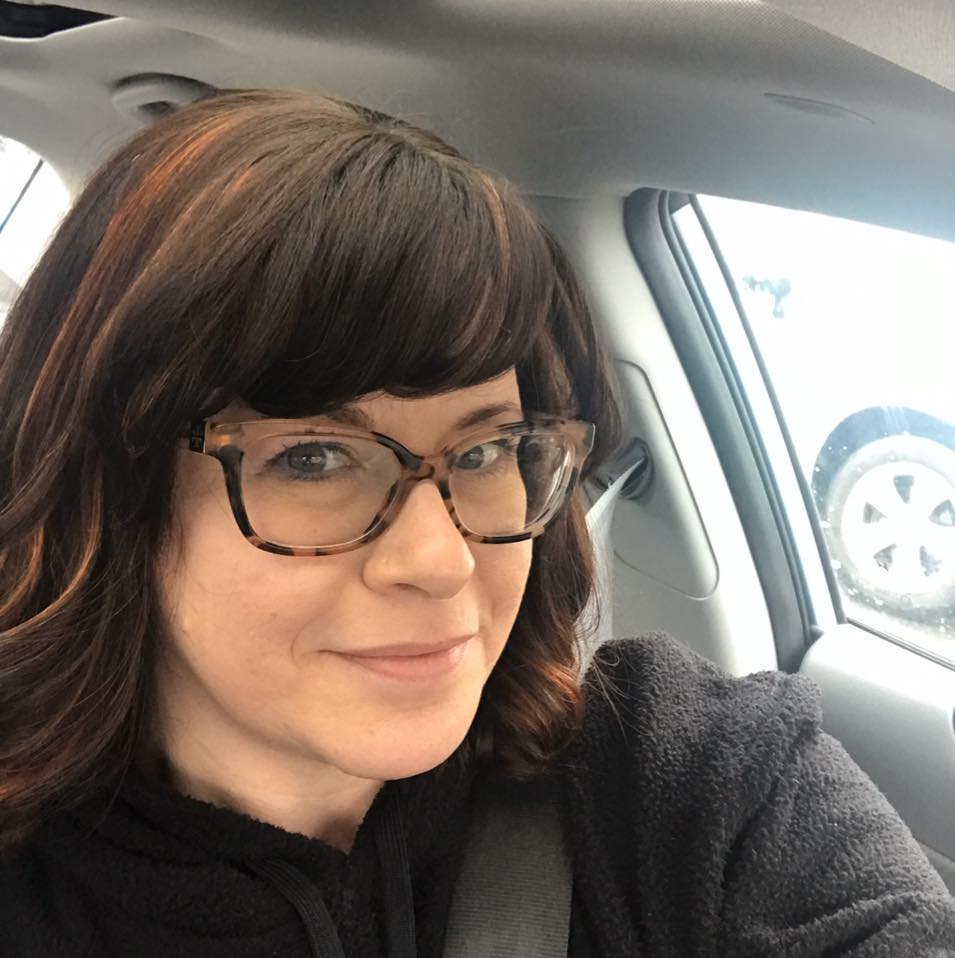
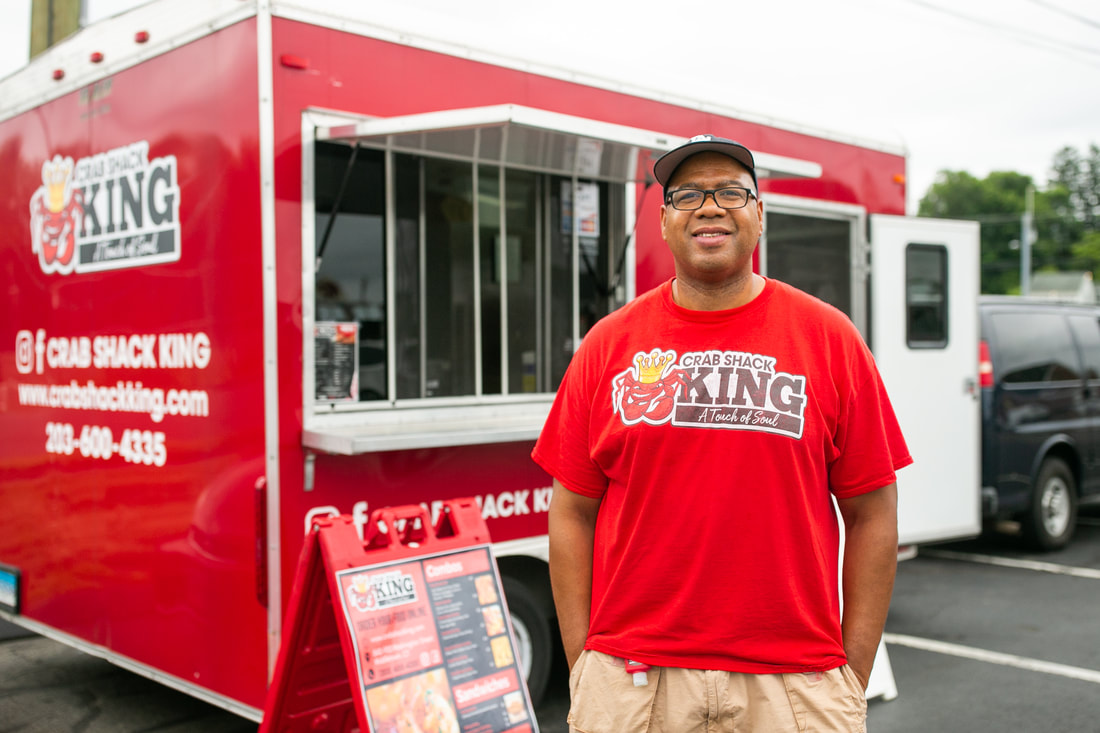

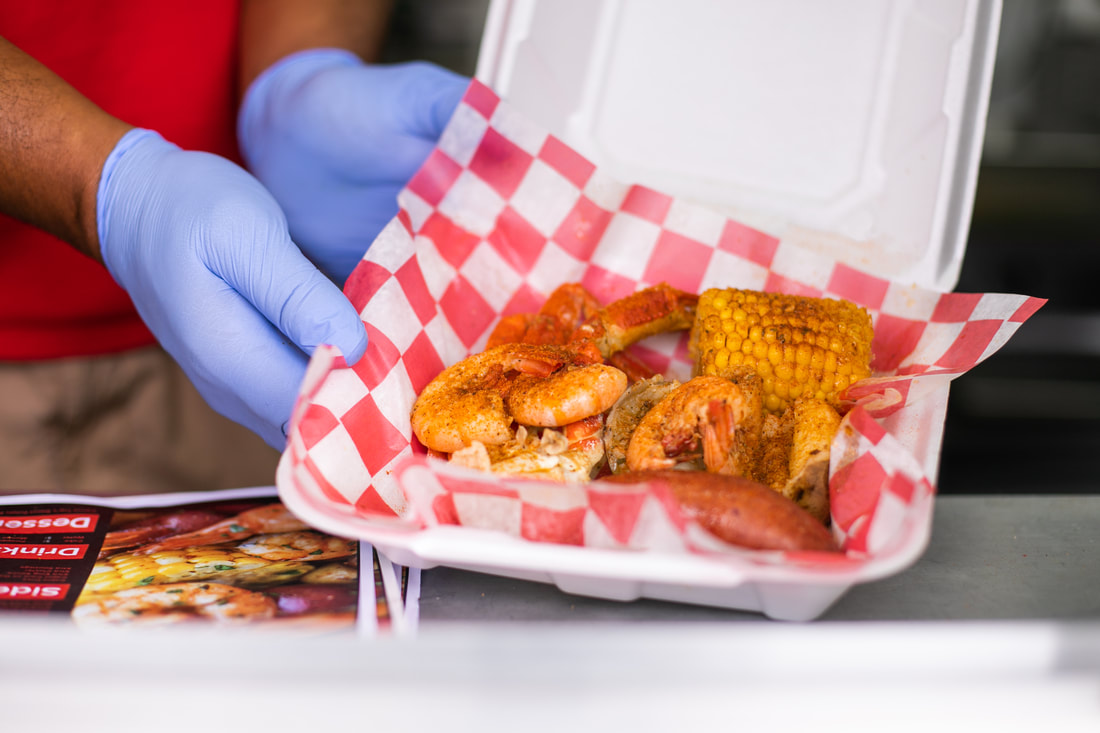
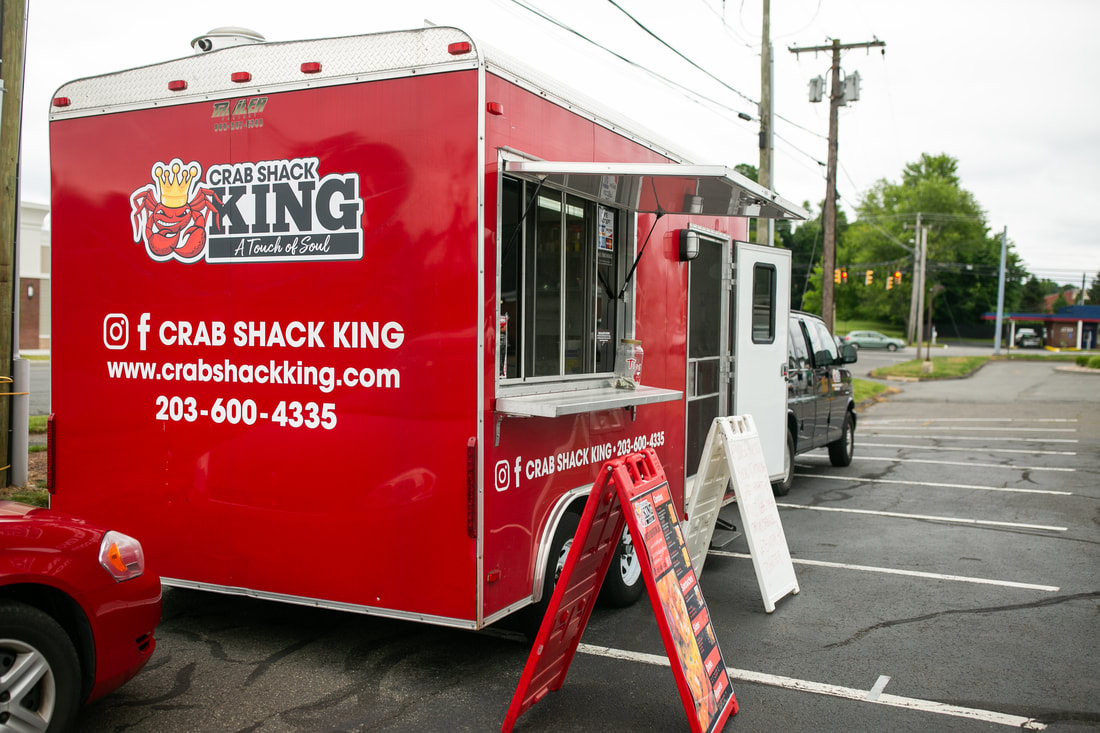

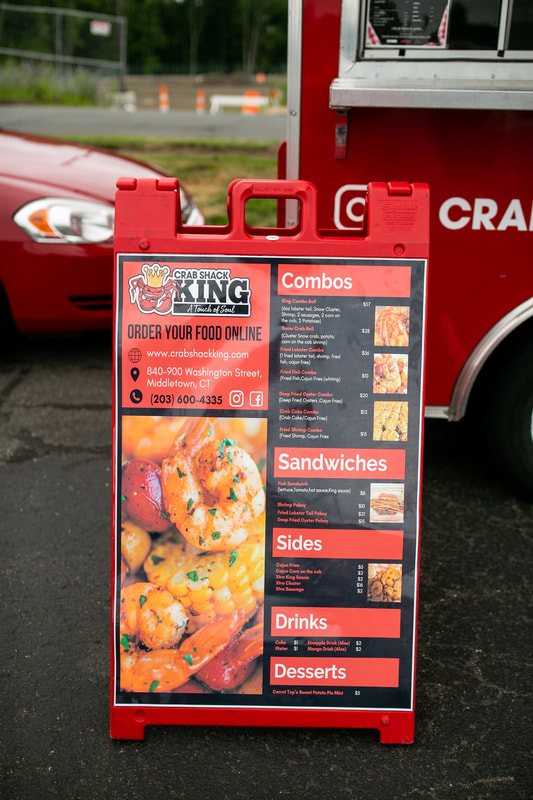
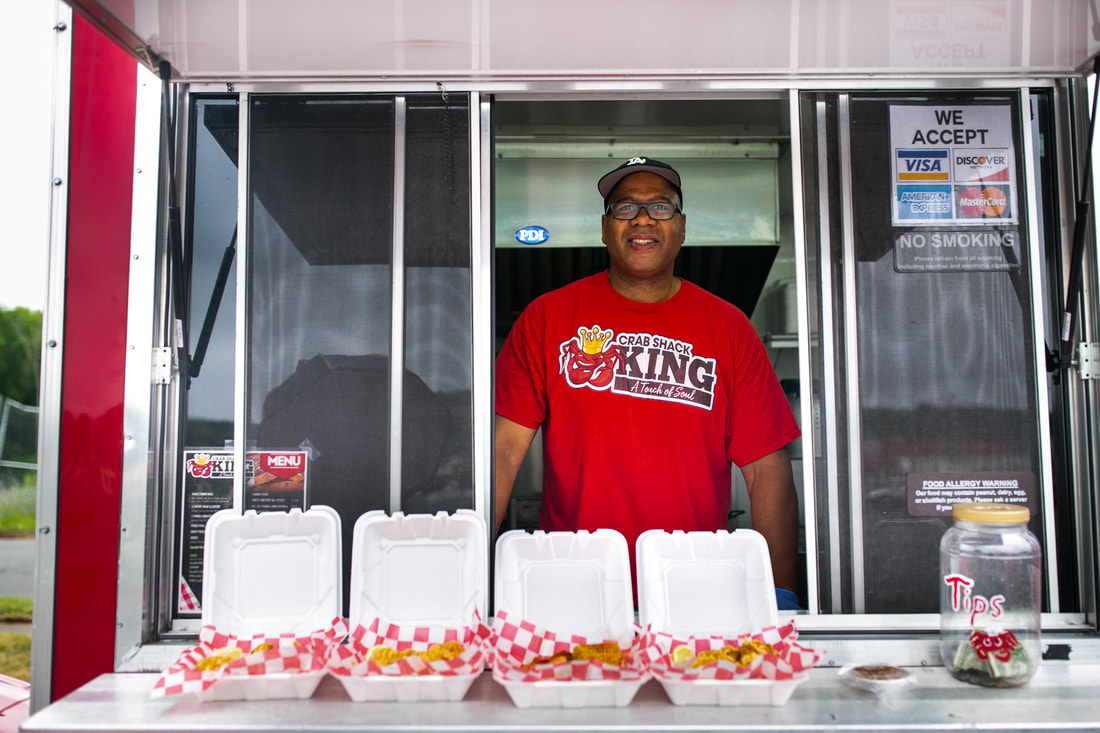

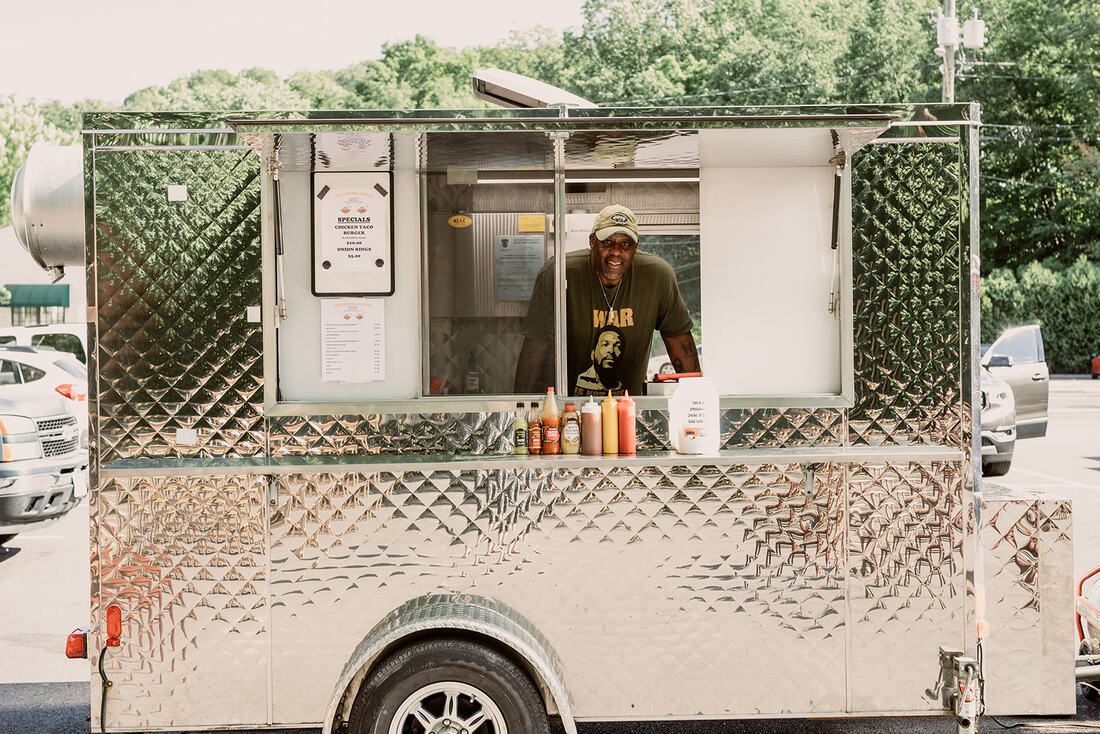
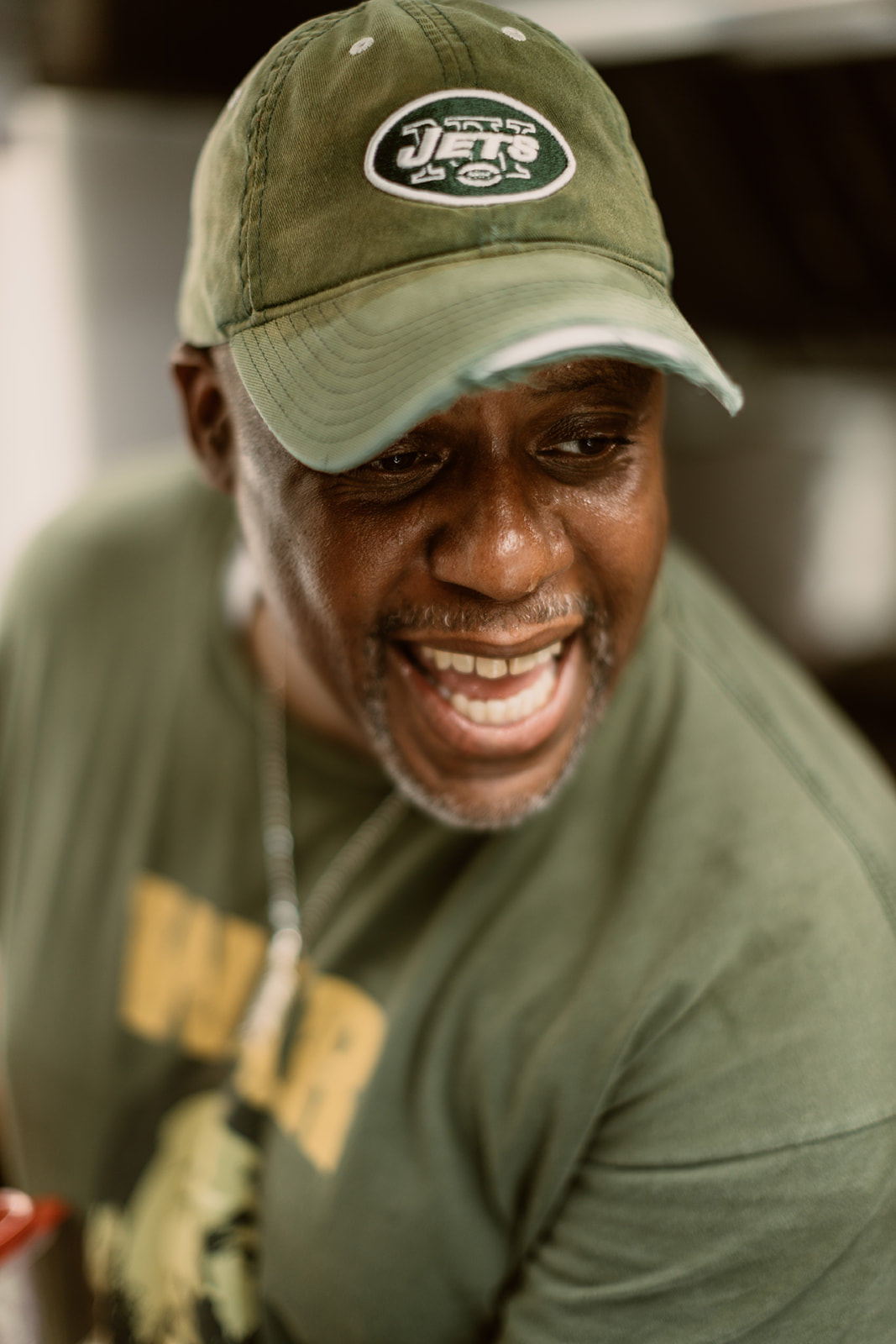
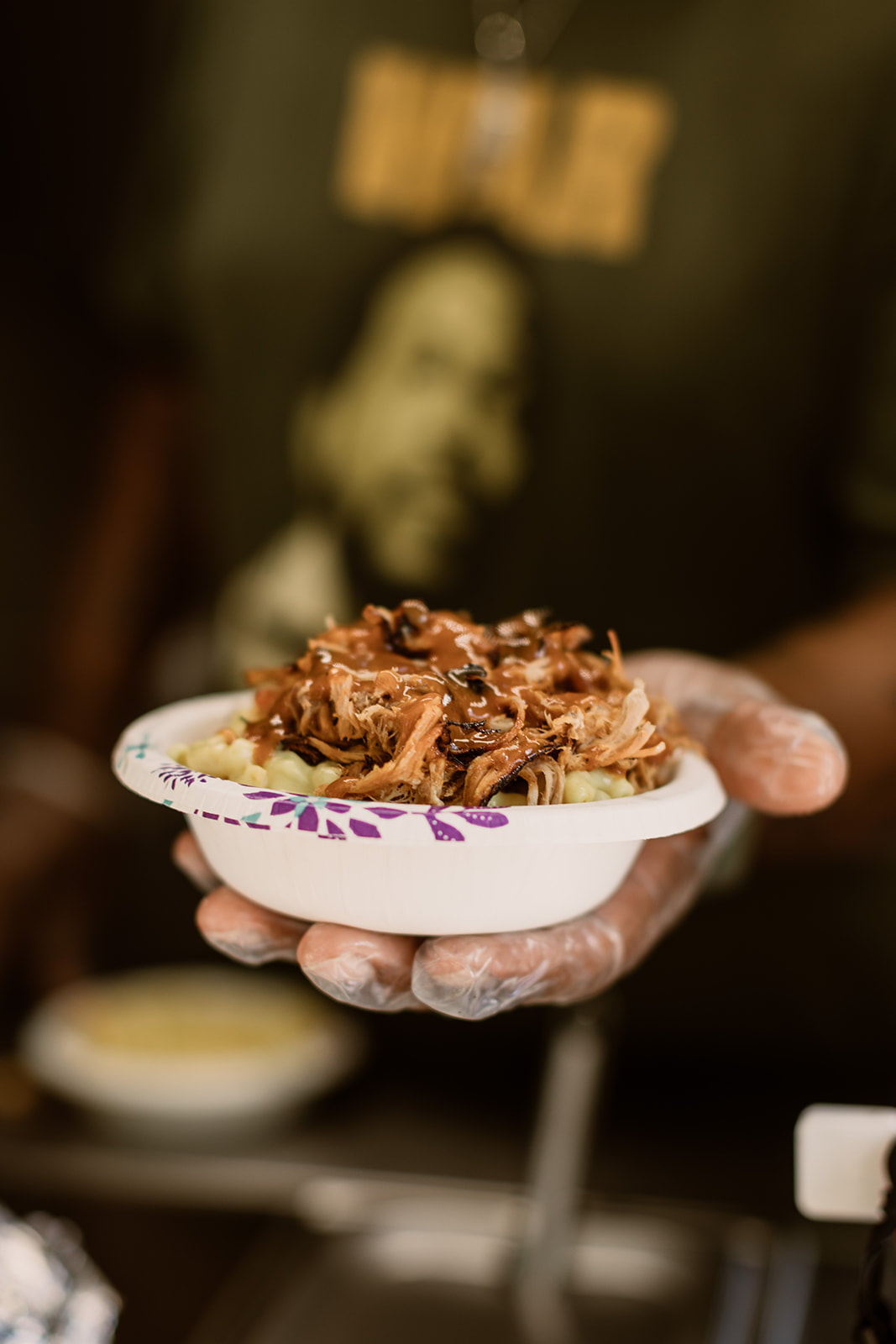
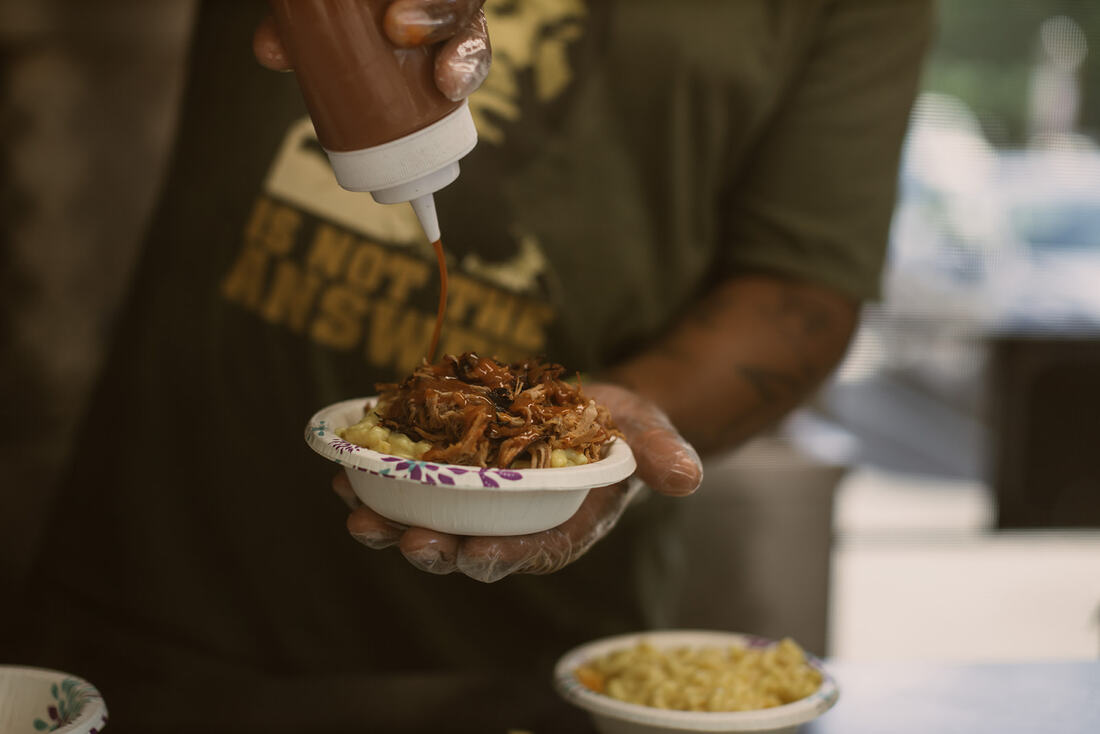

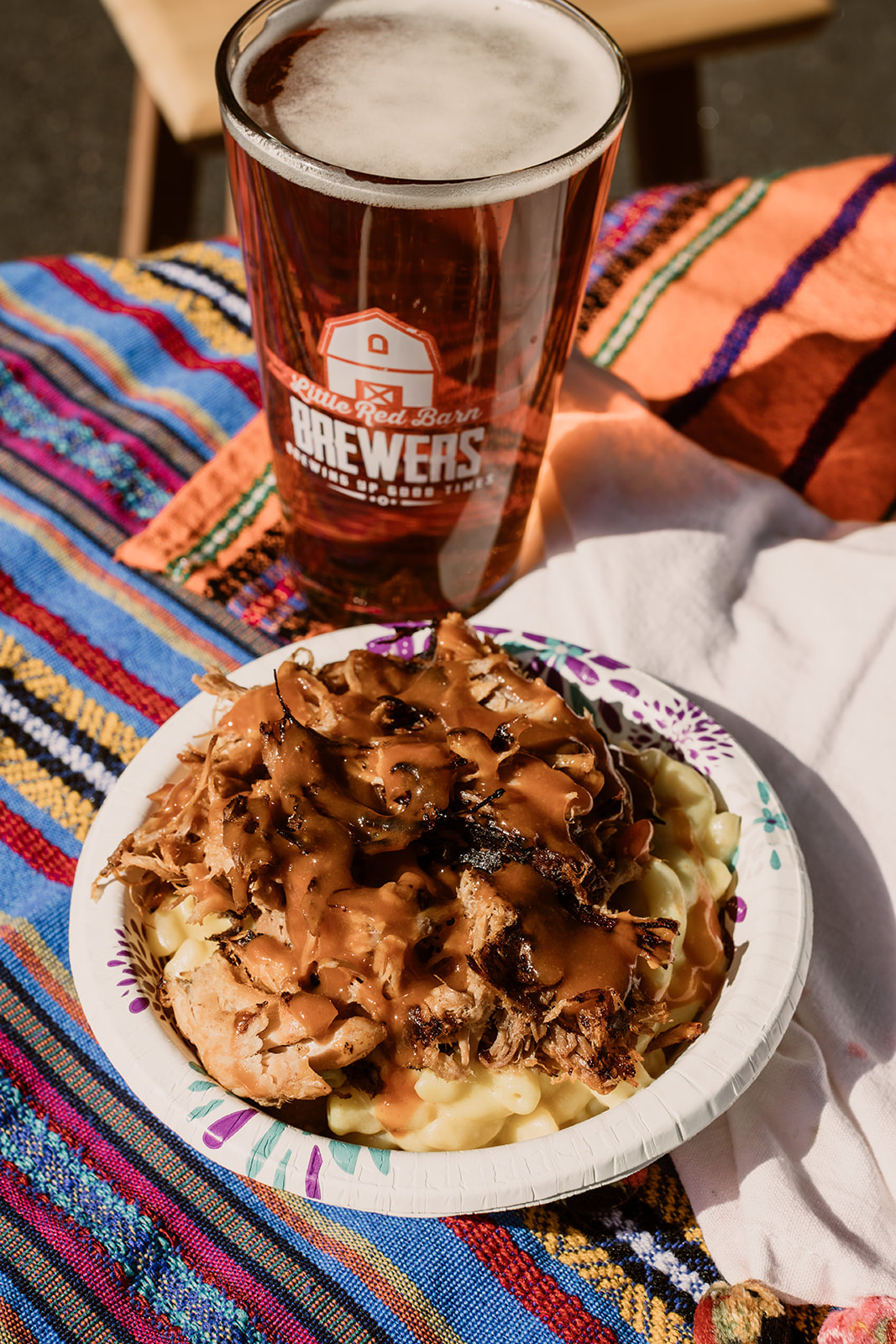
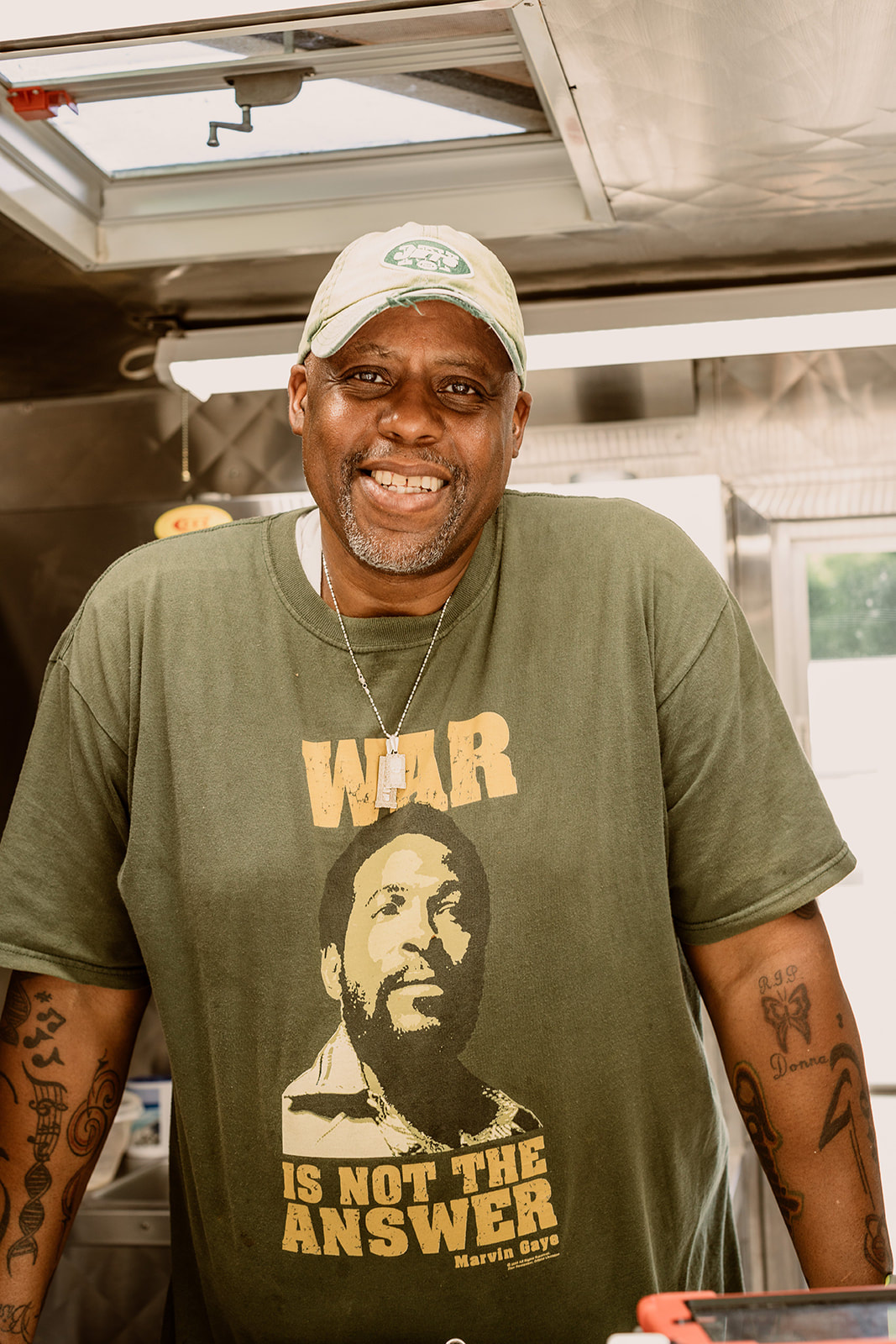
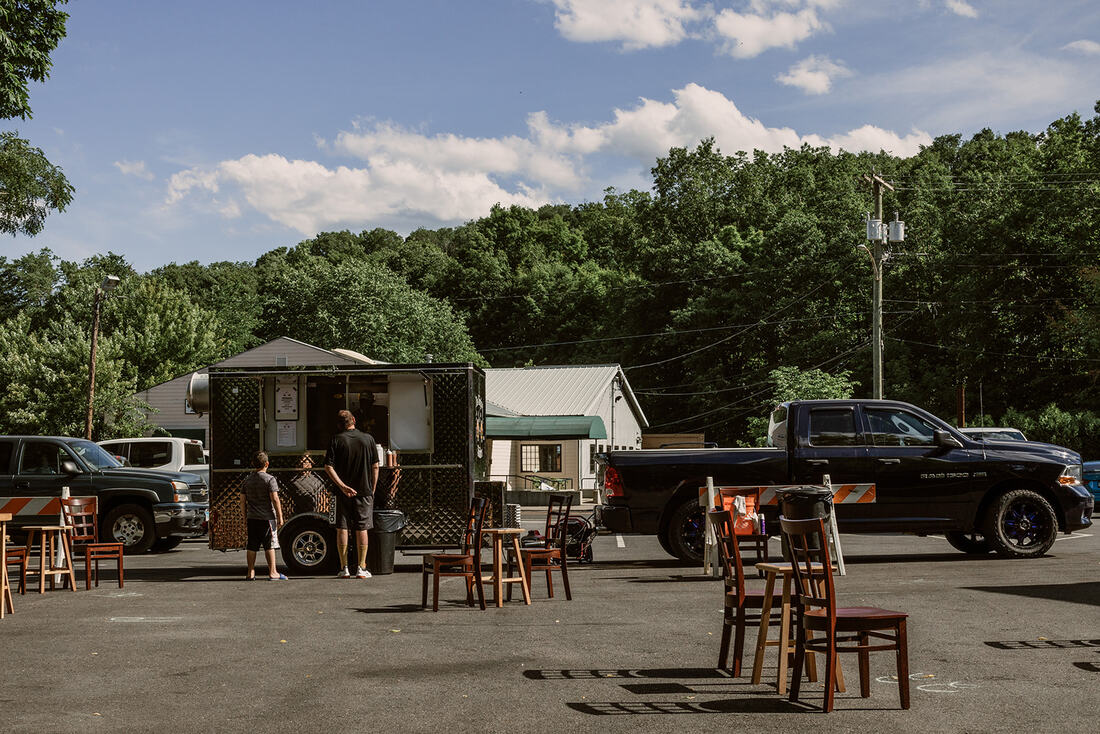
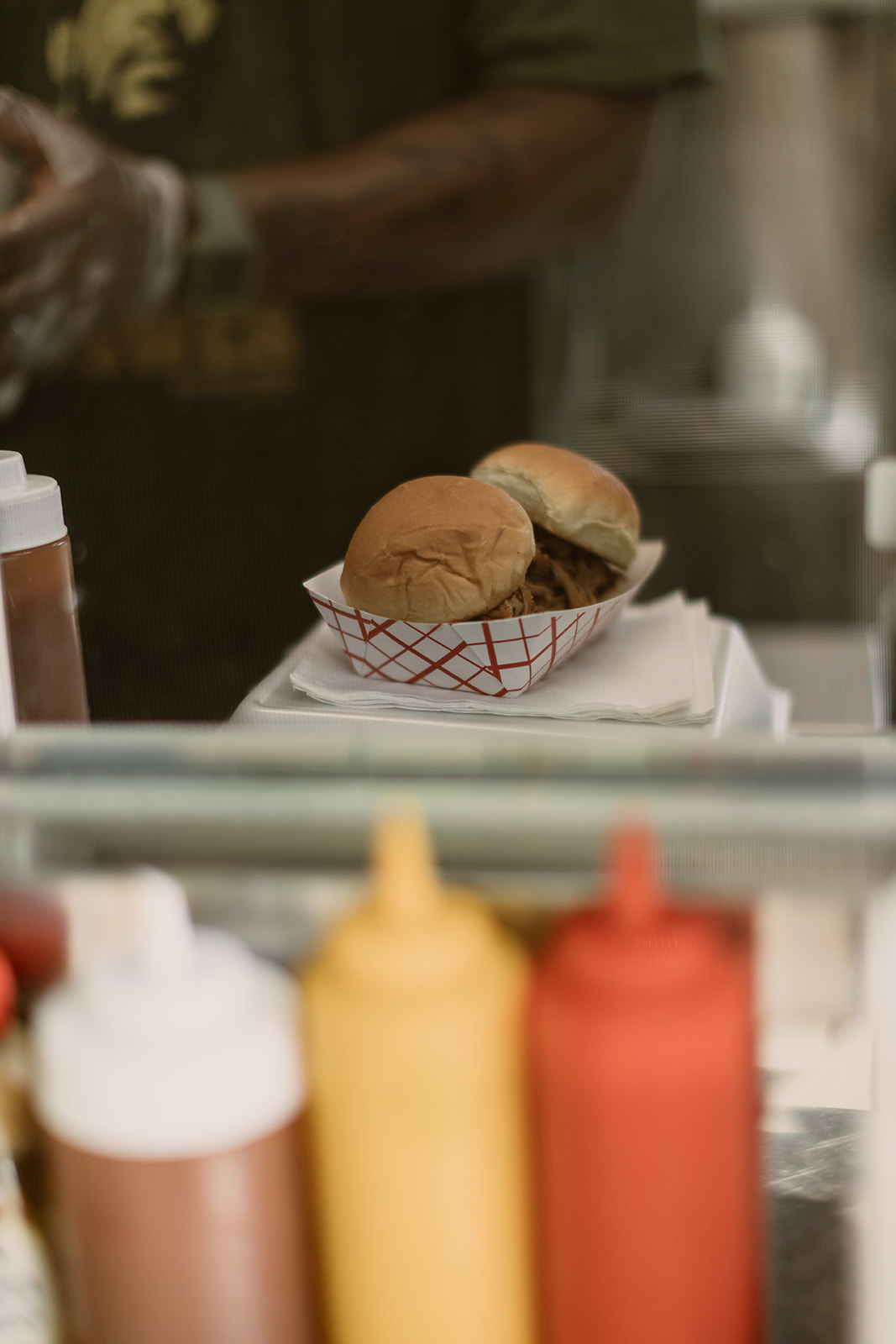
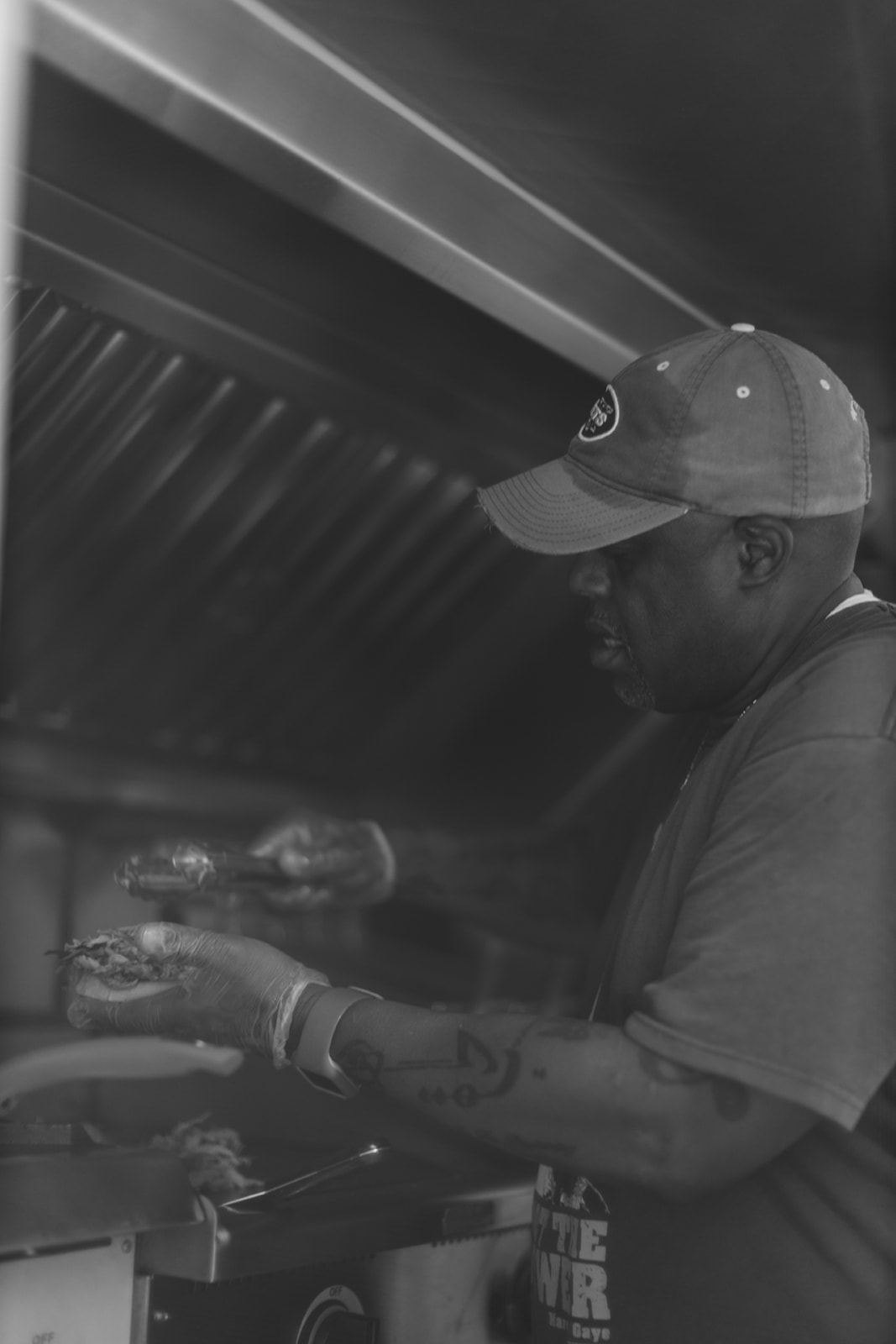
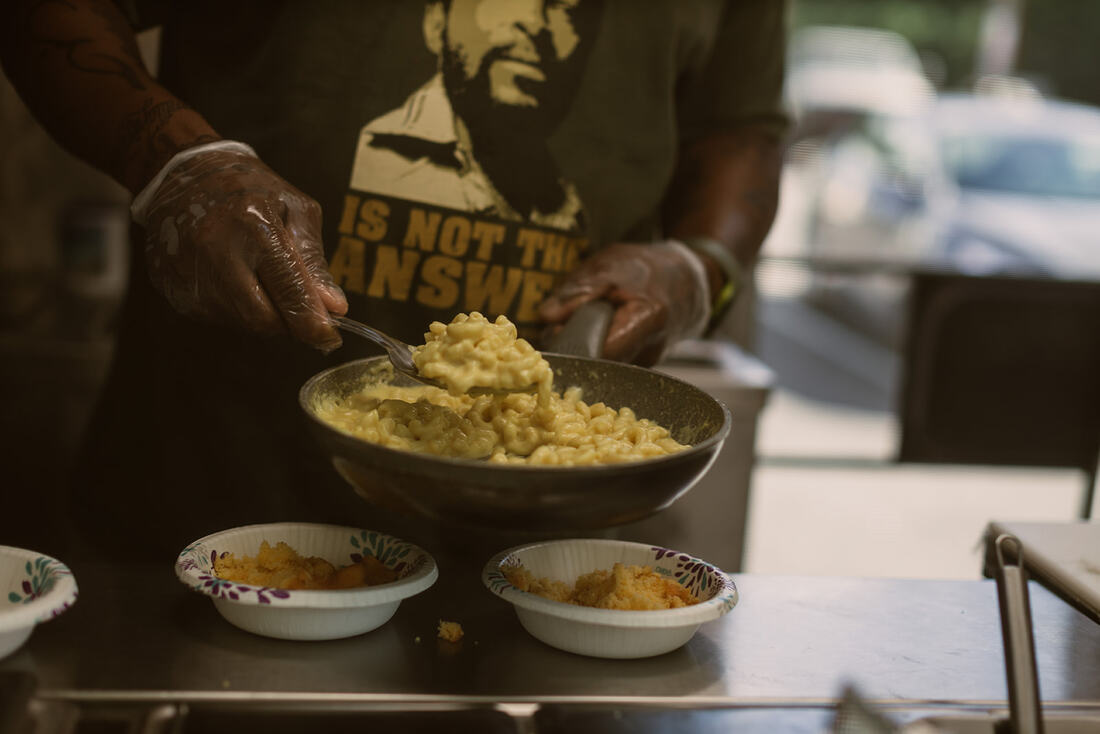
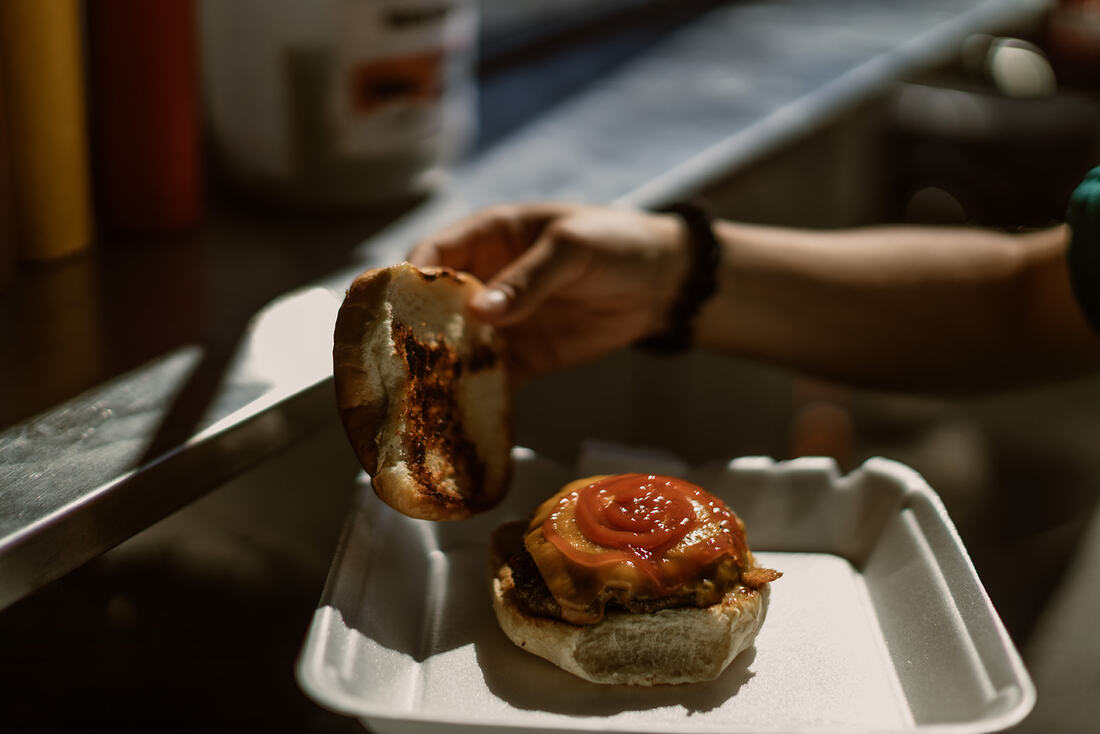


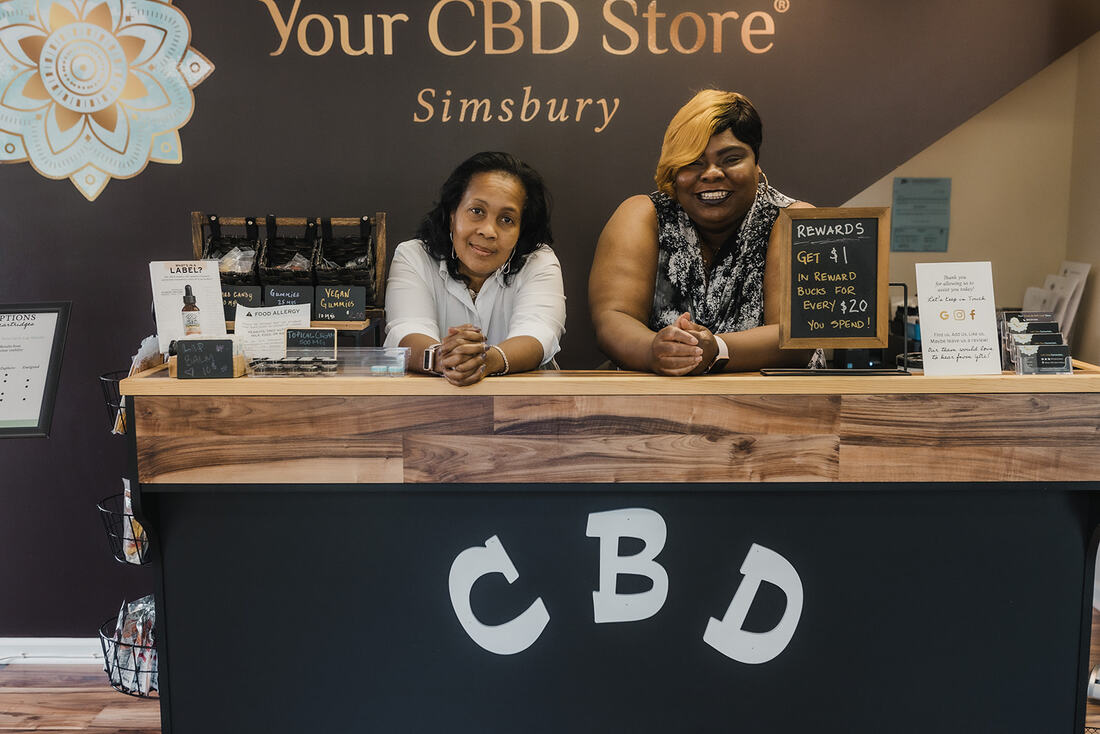
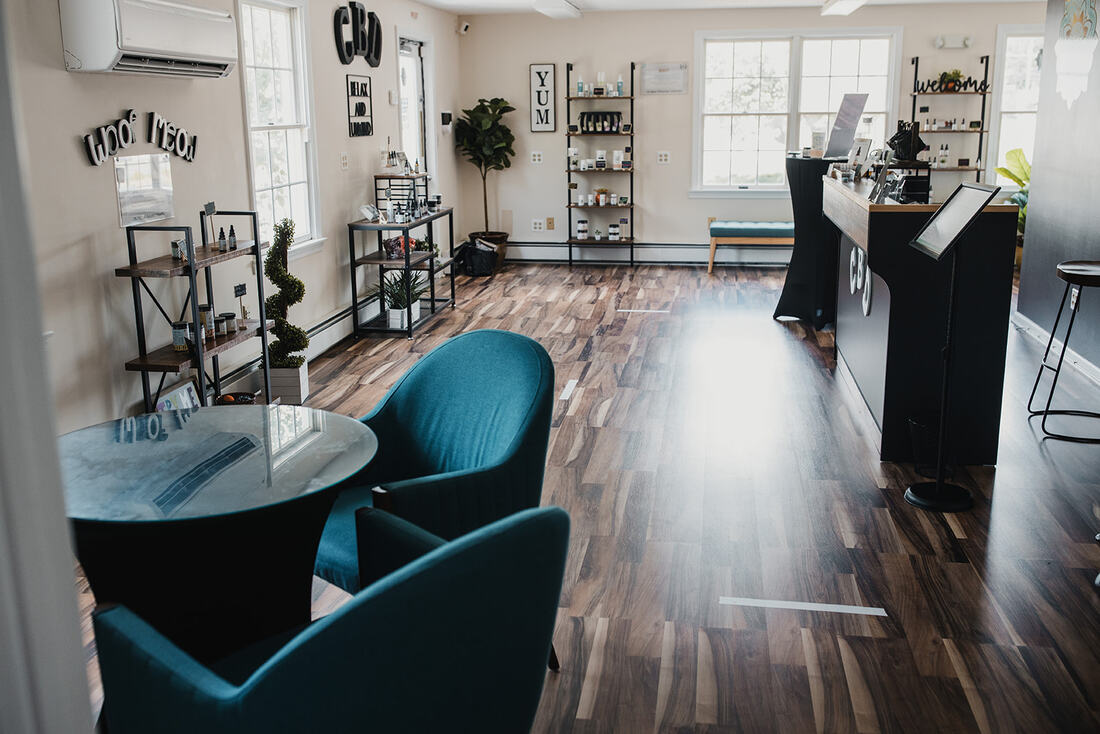
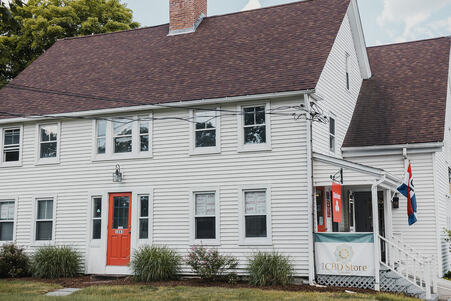
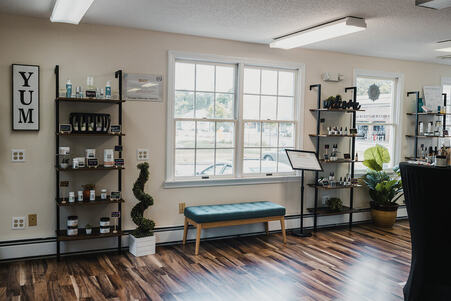
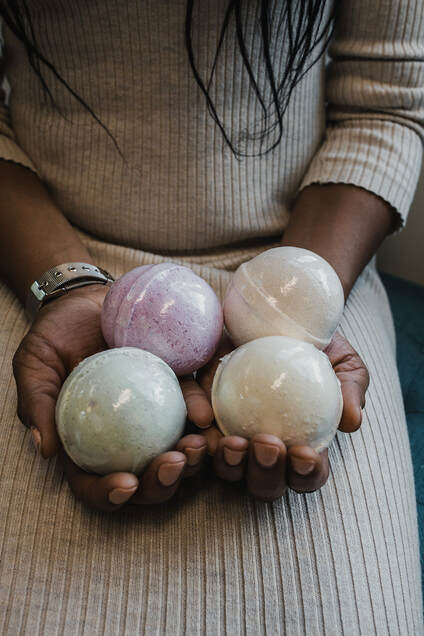
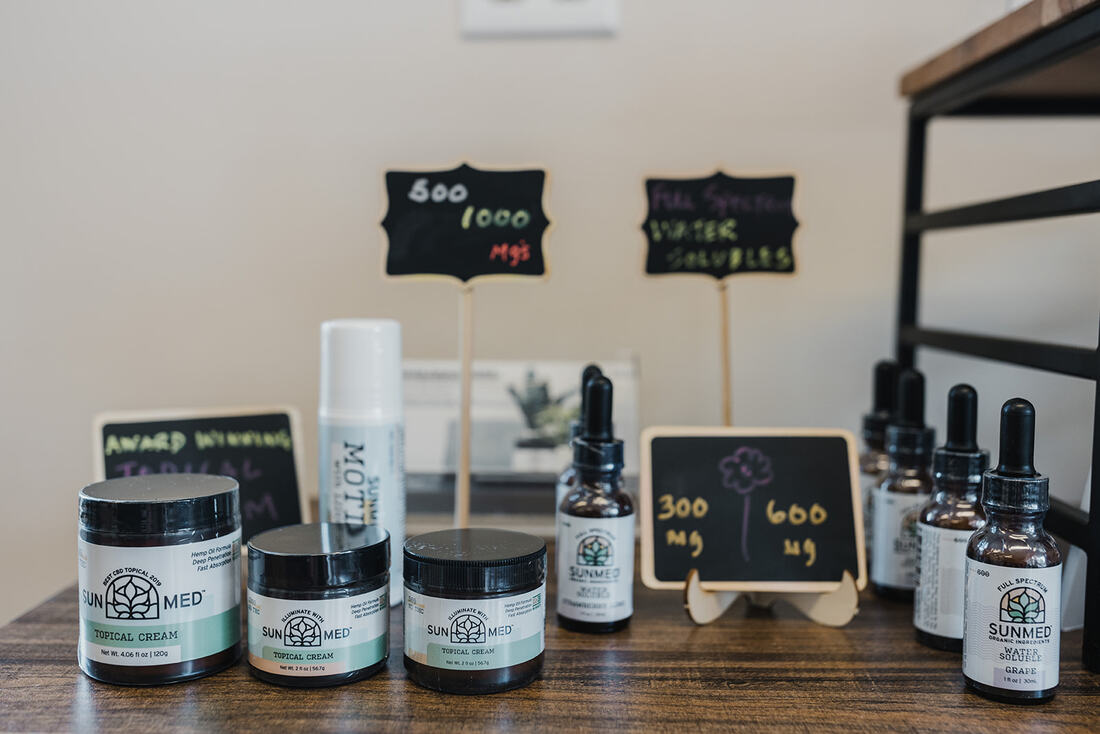
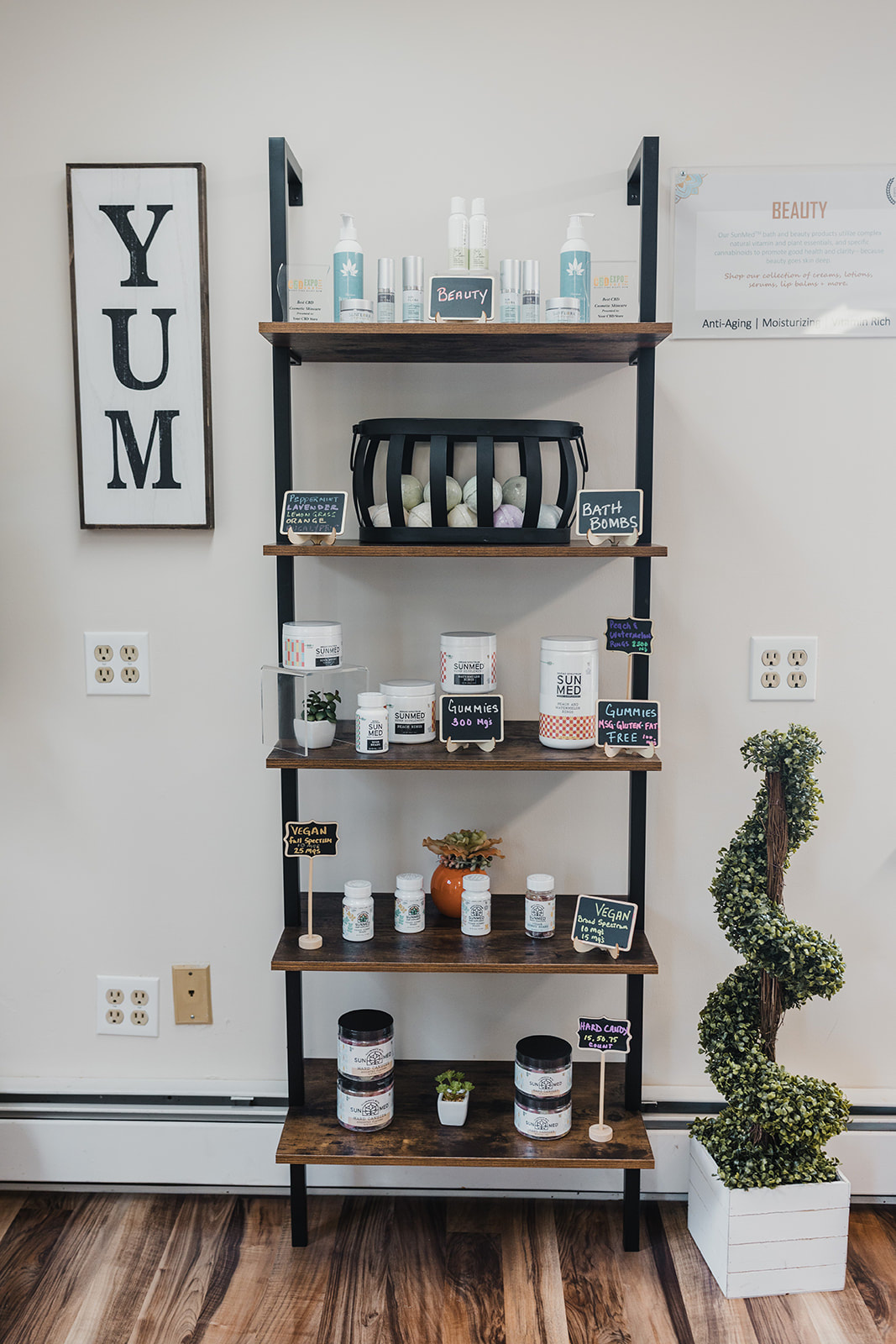
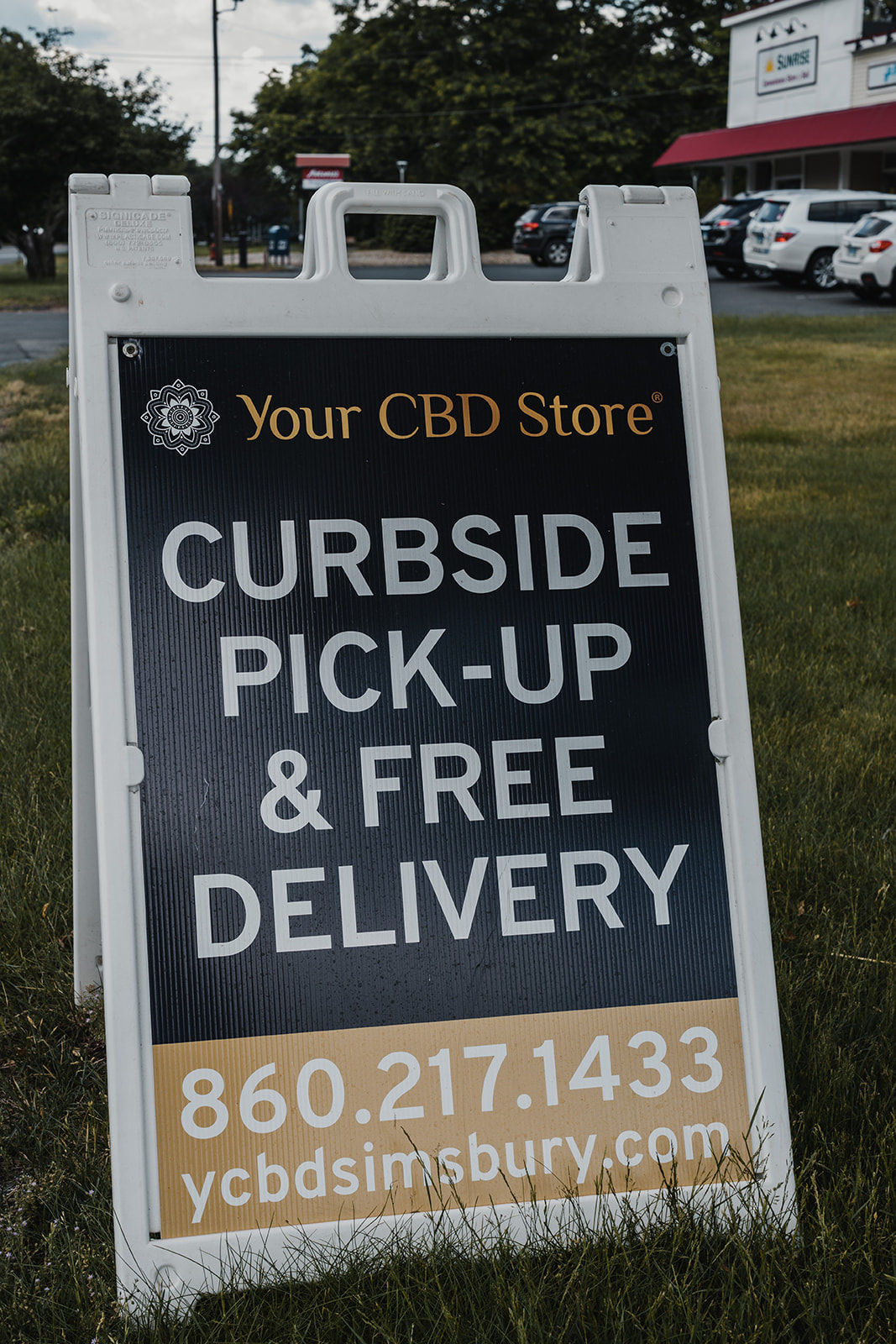
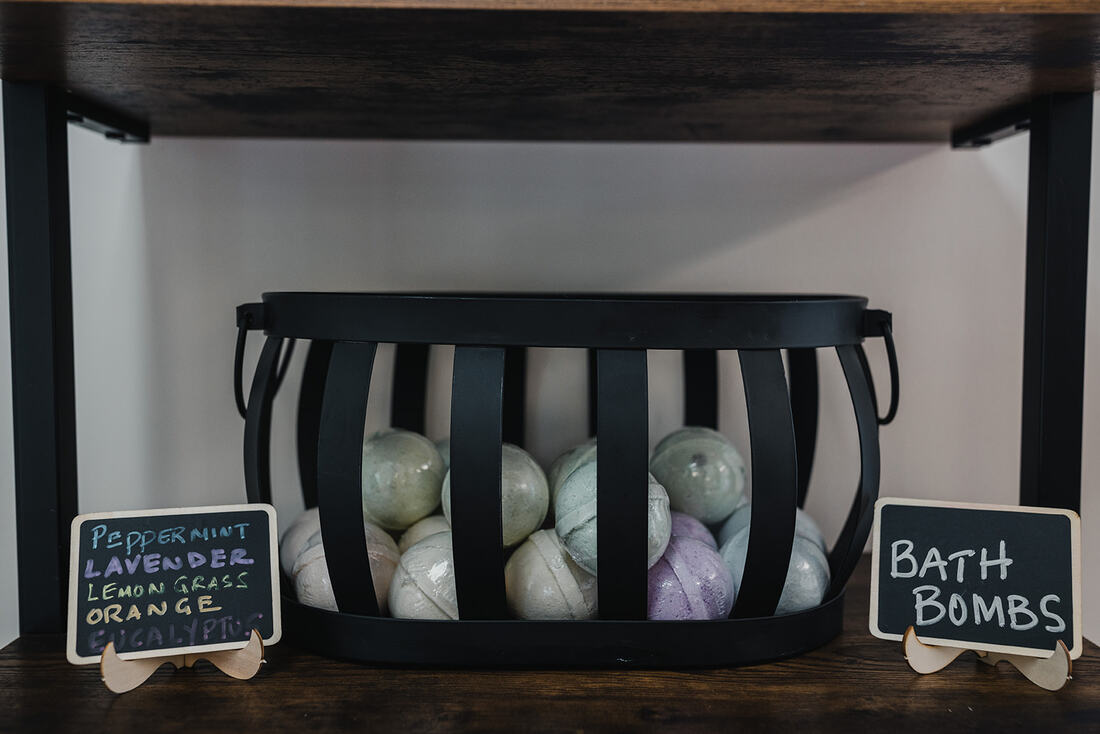
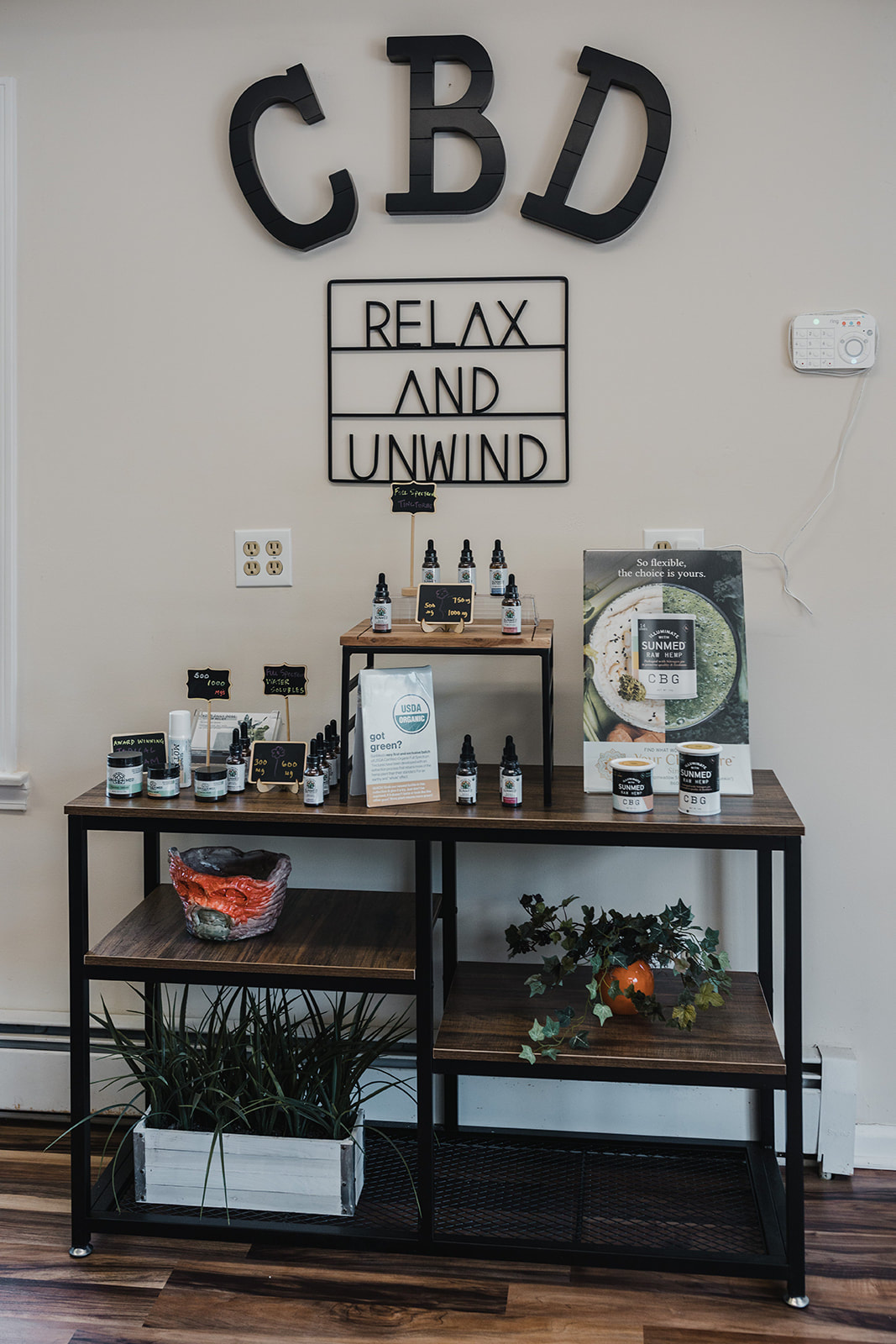
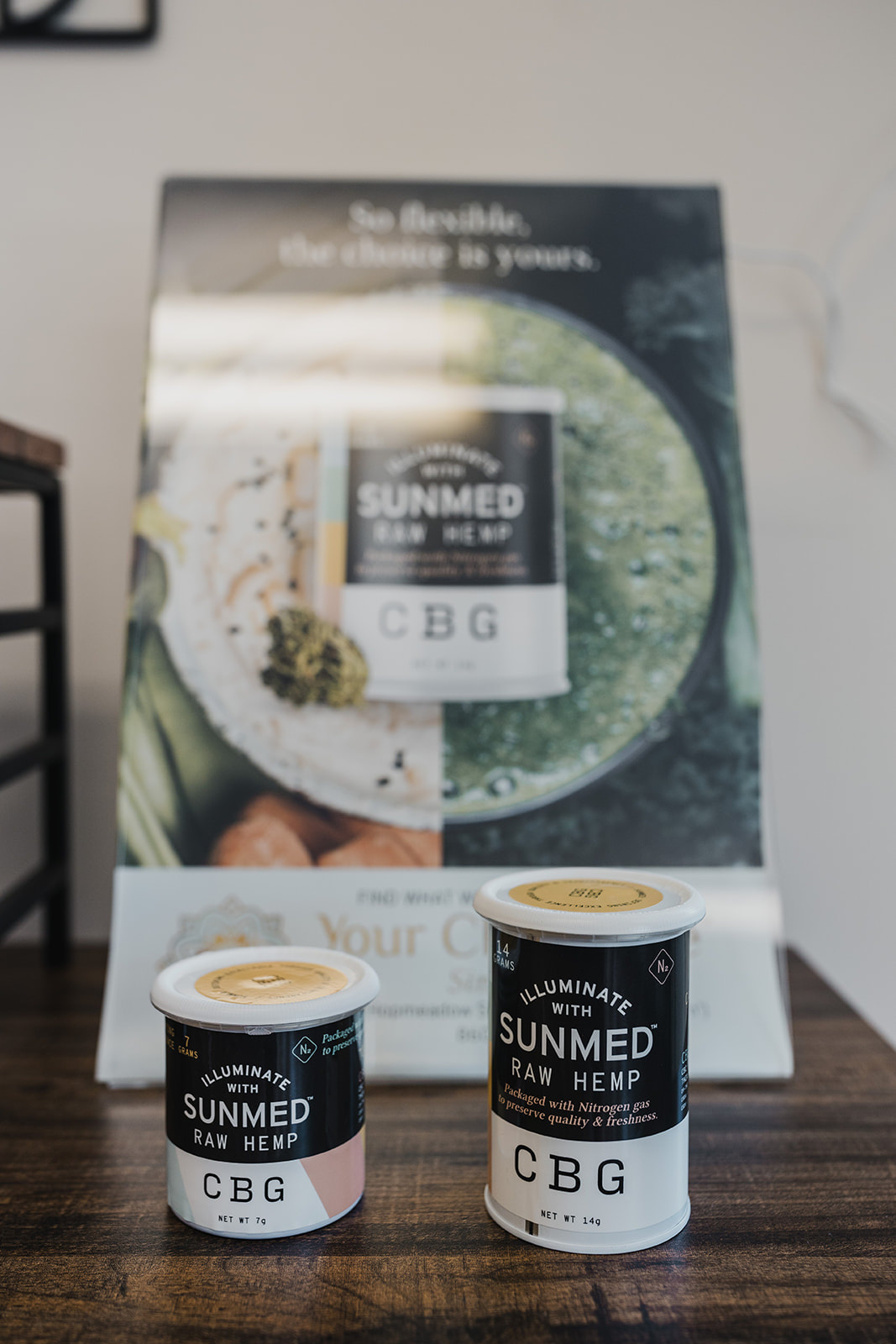
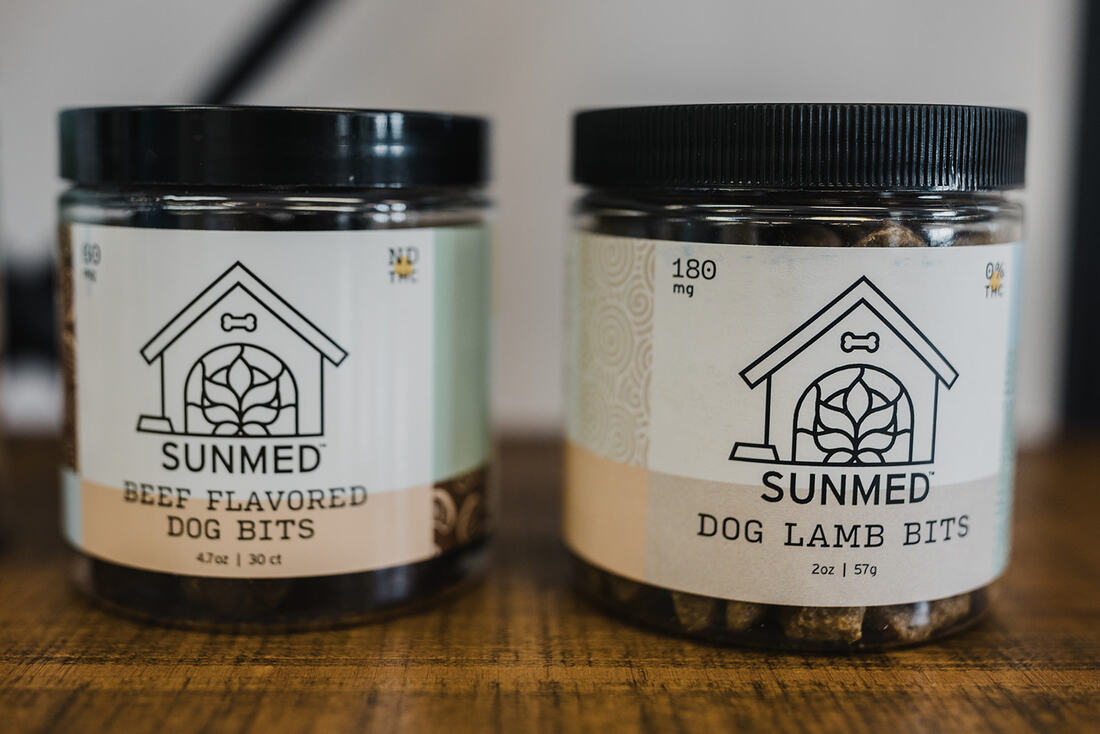
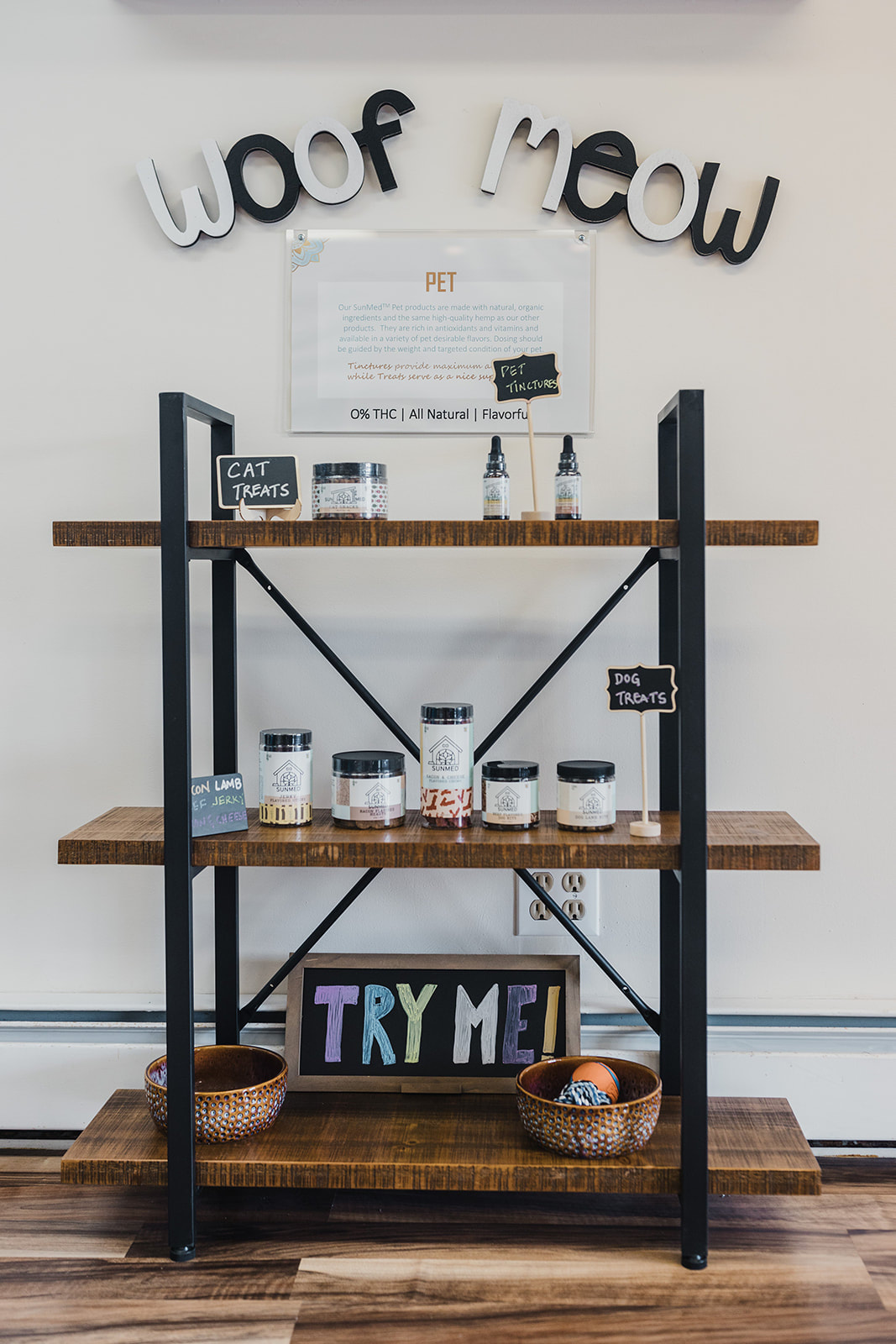
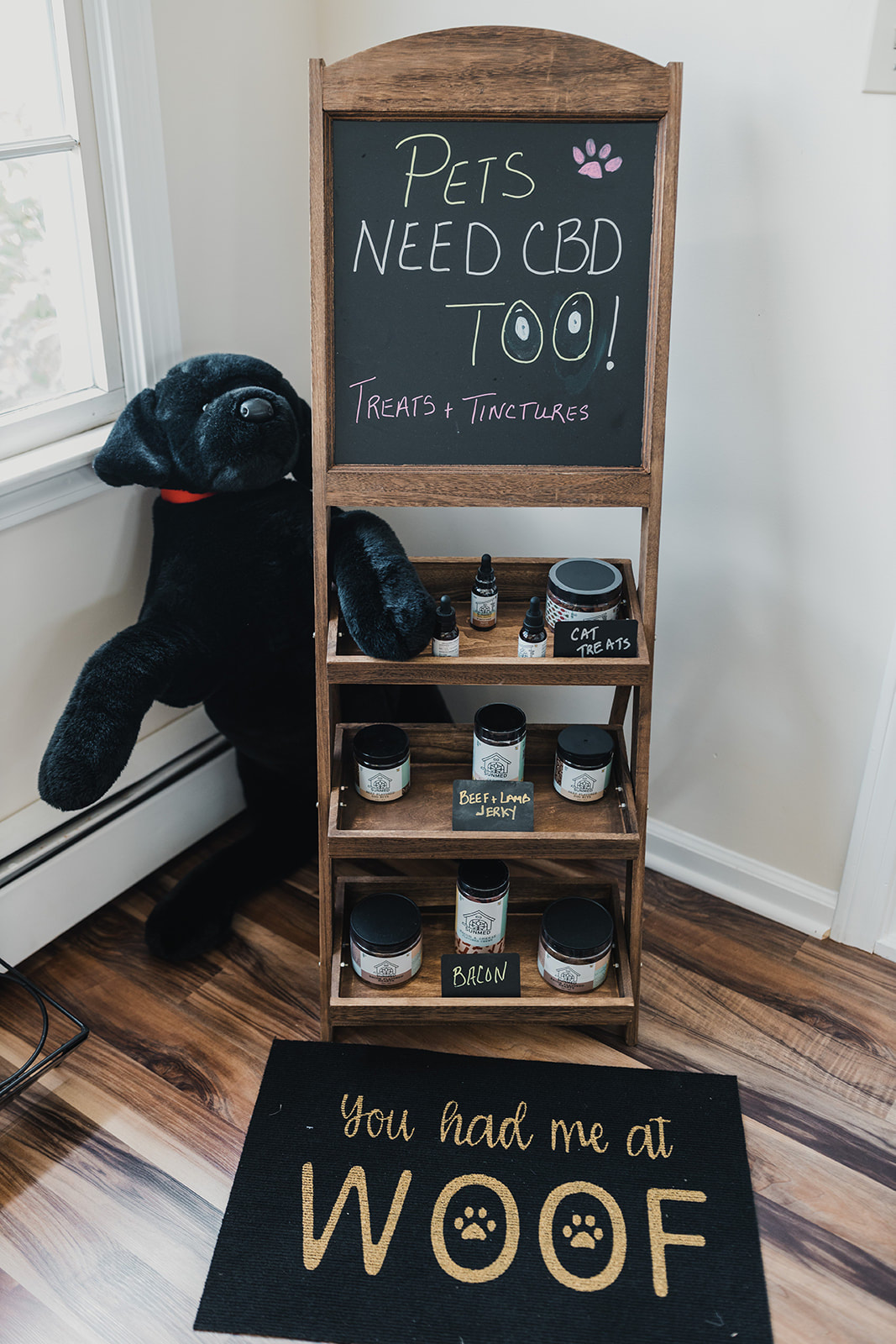
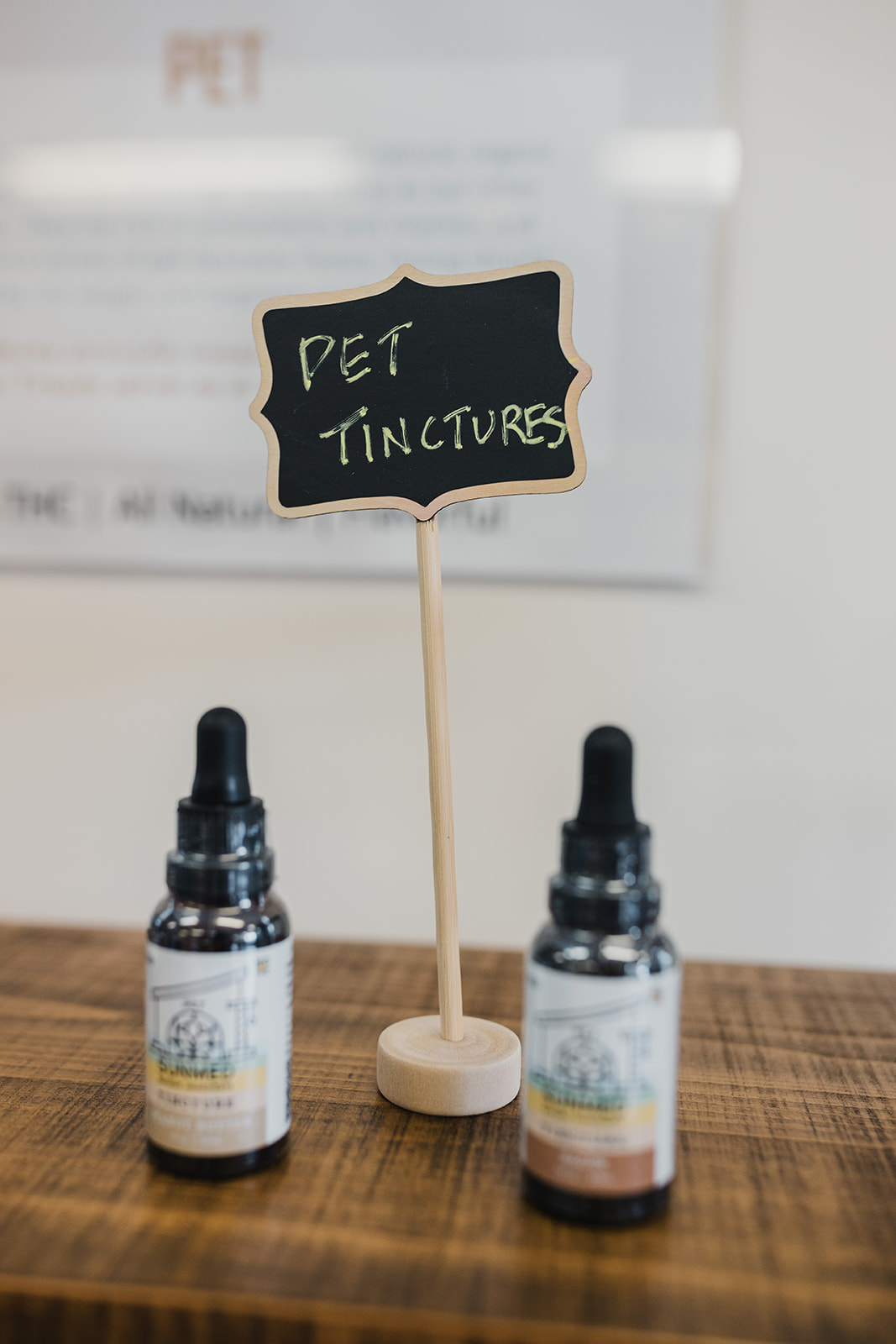
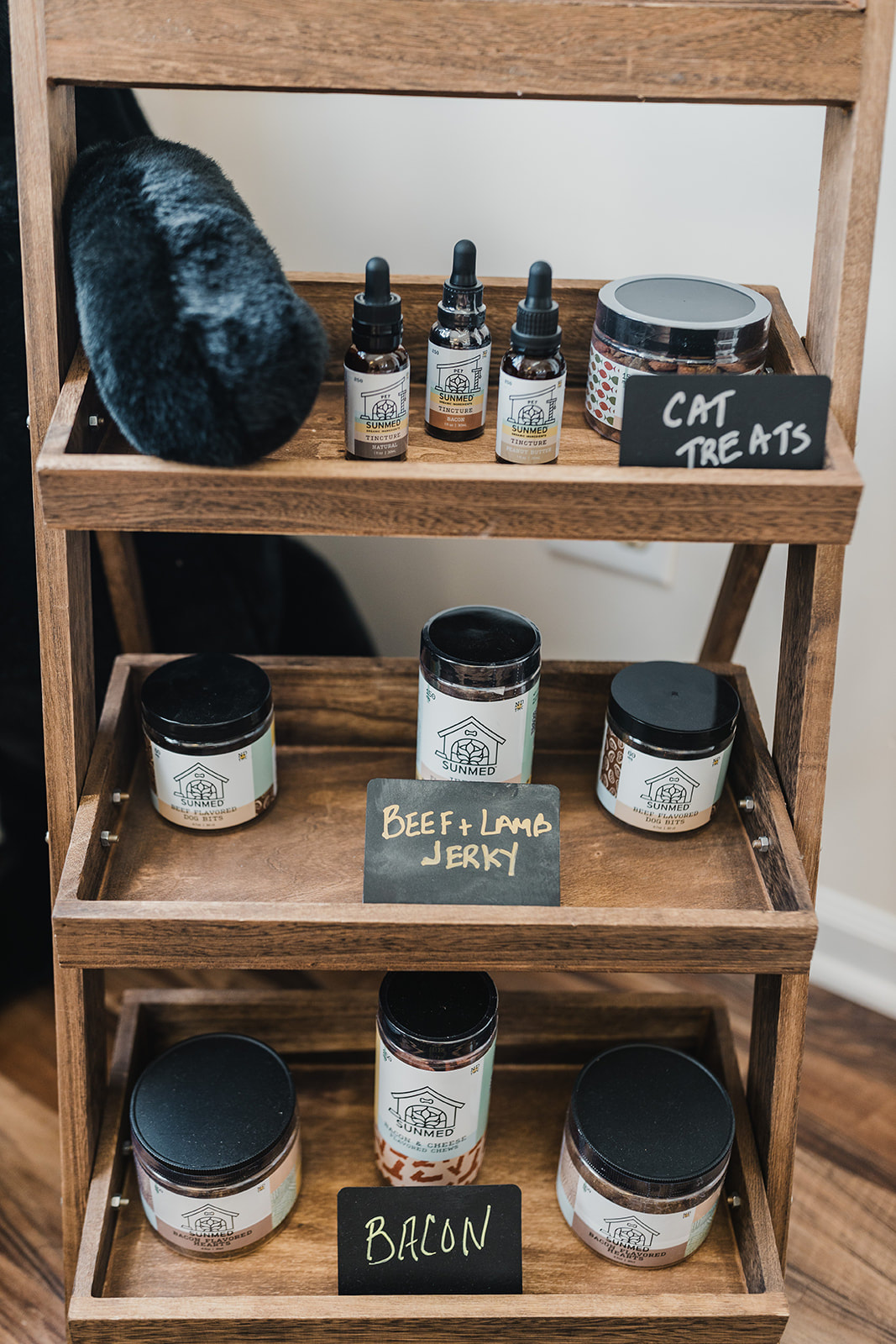
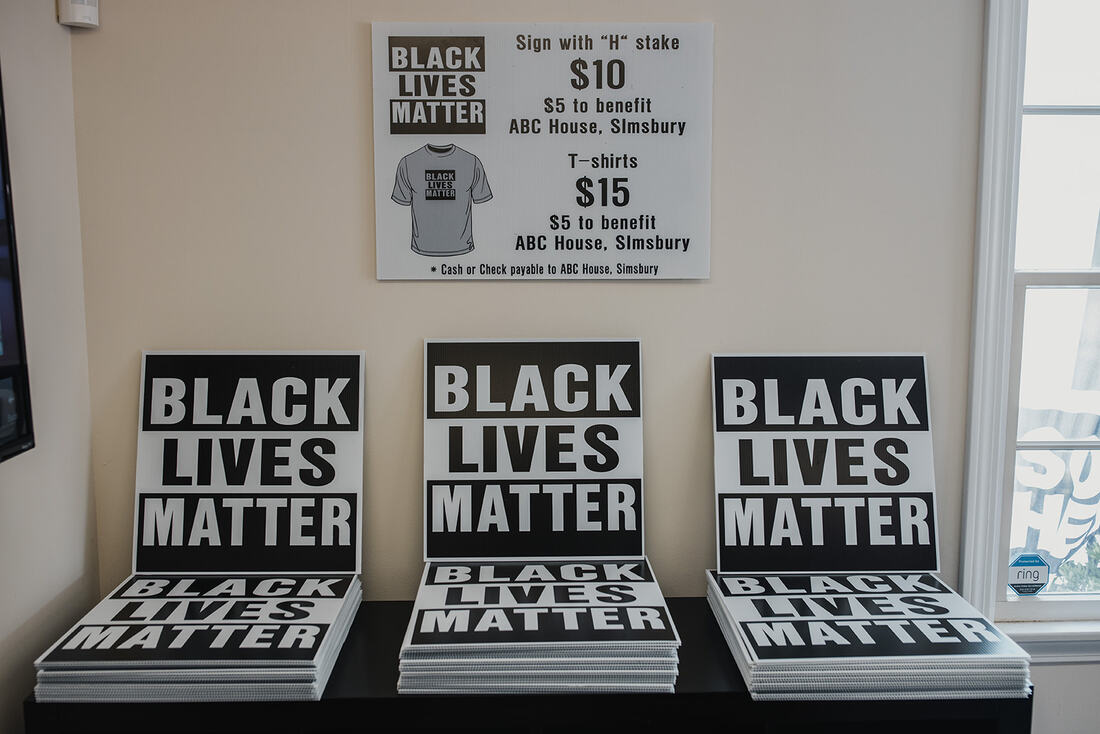
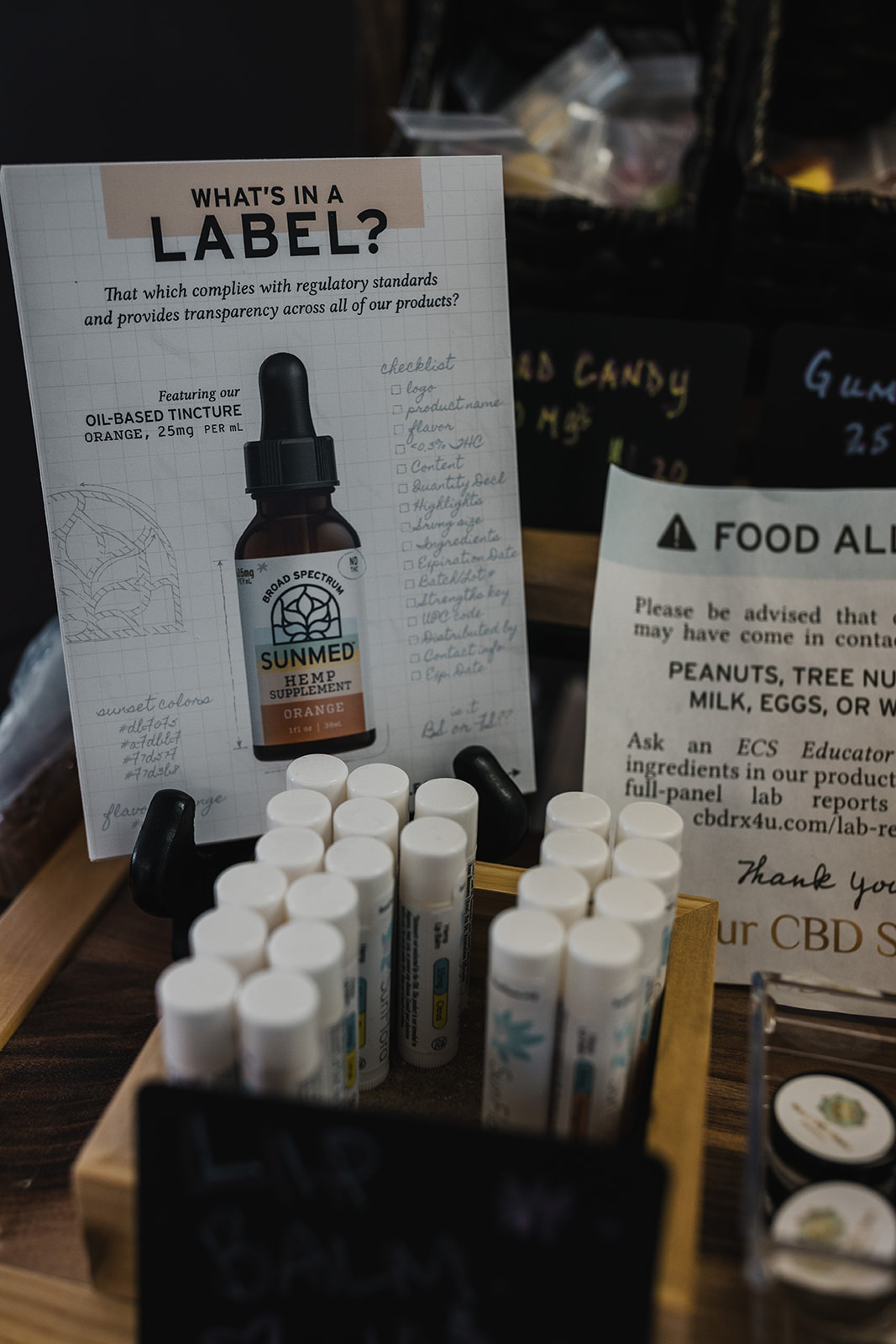
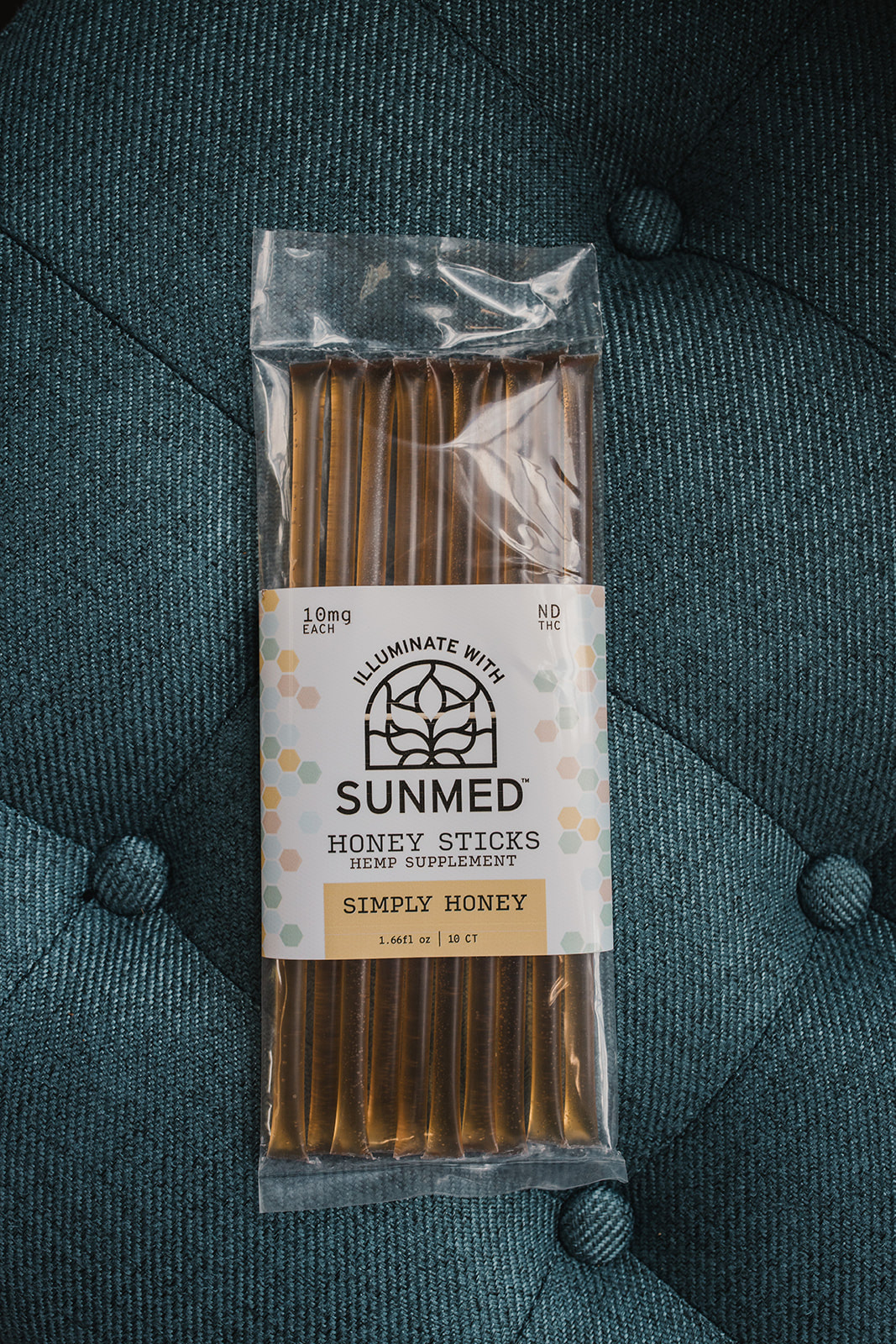
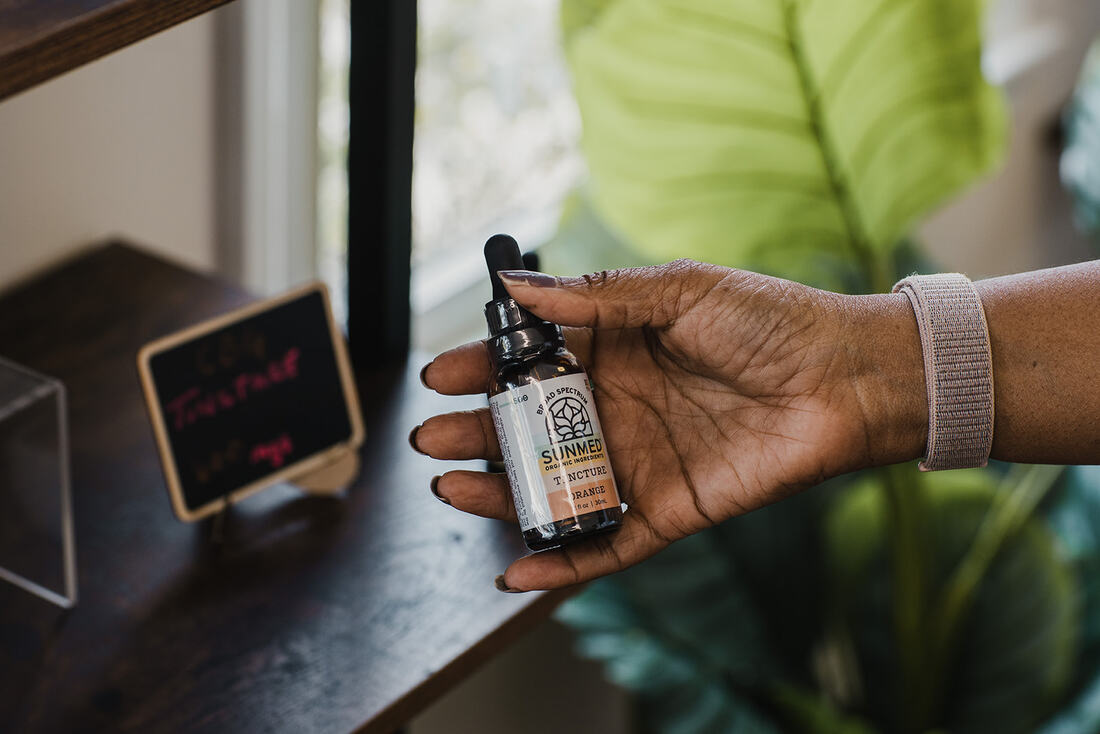
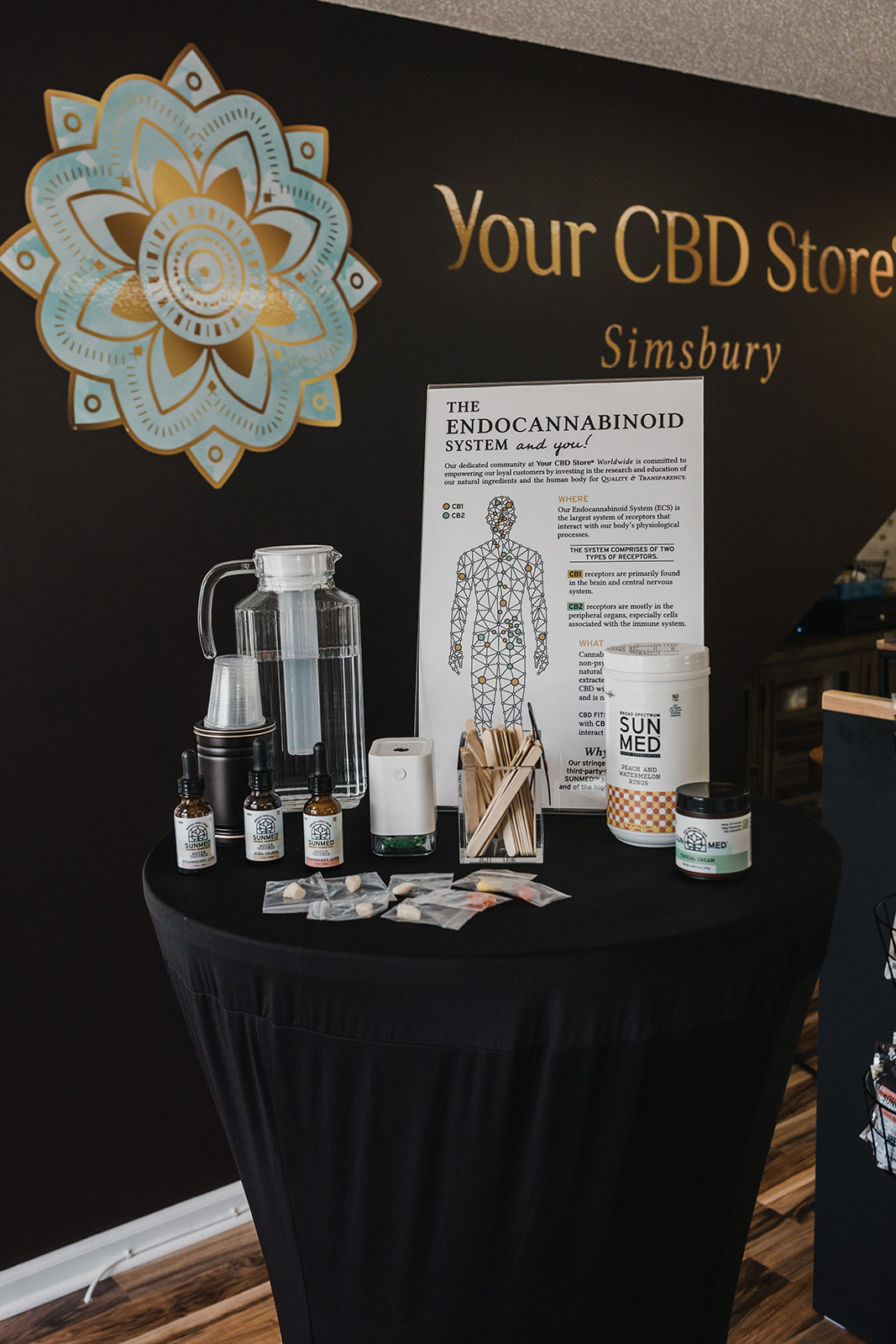
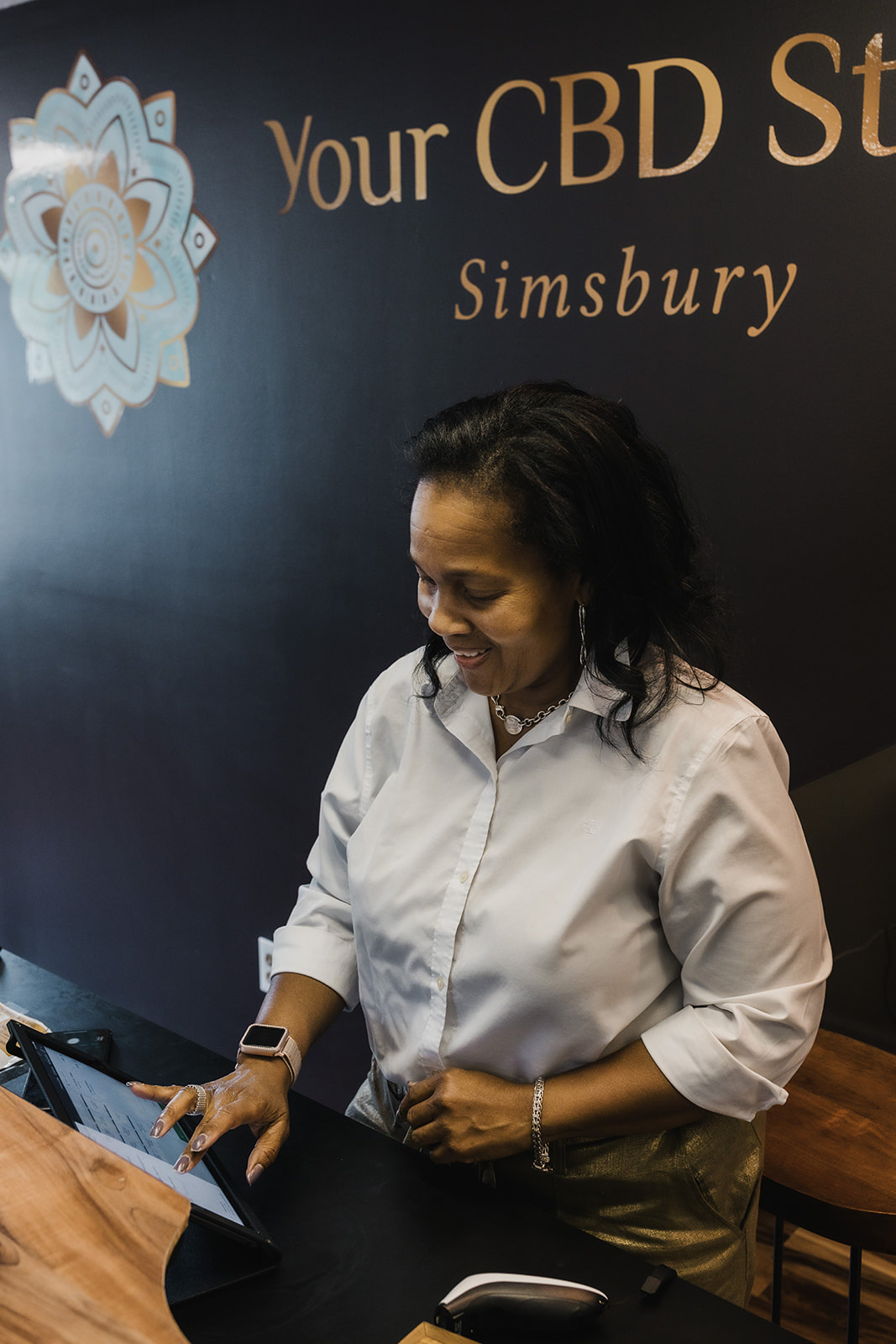


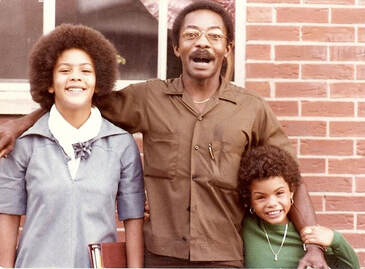
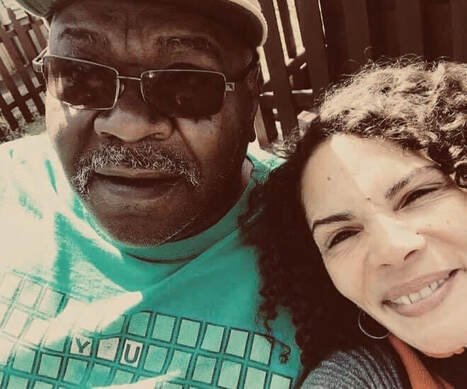
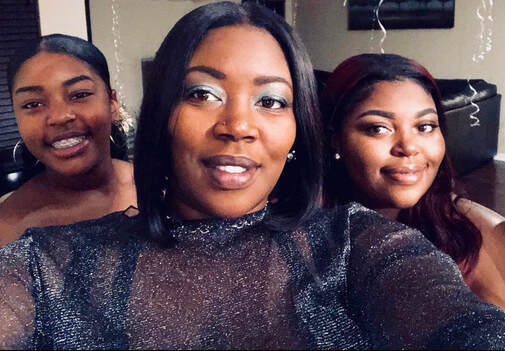
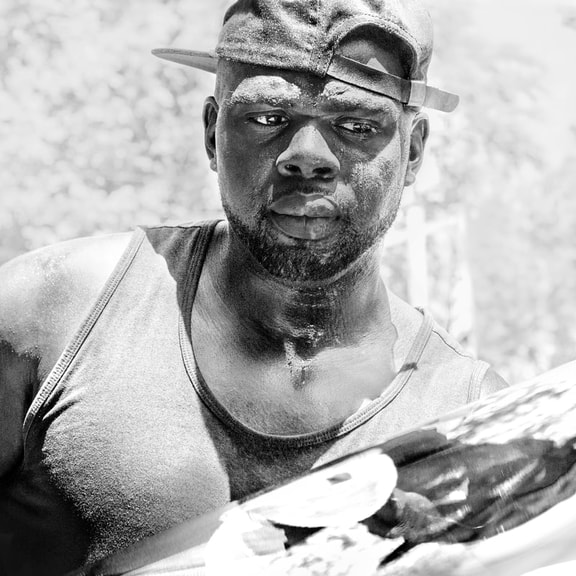

 RSS Feed
RSS Feed